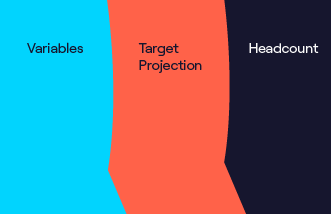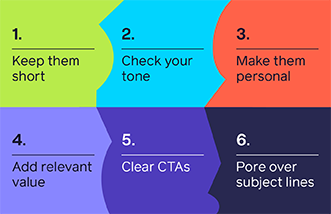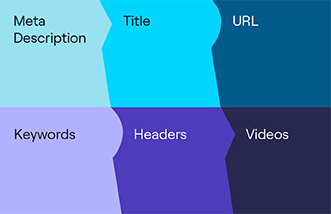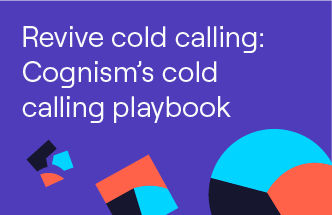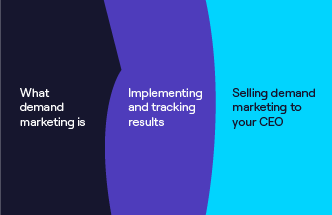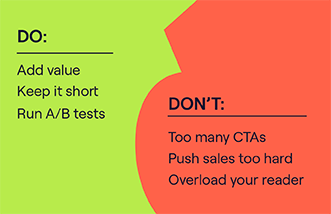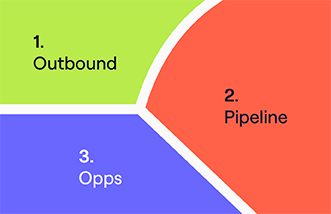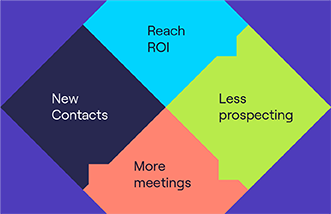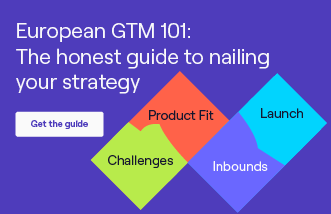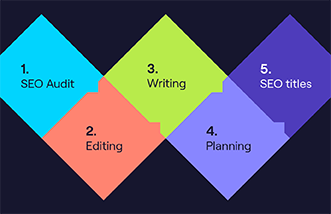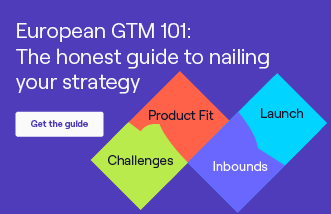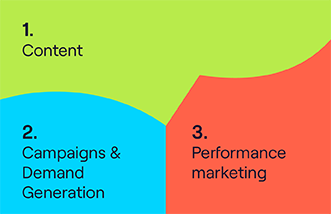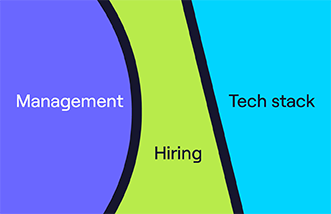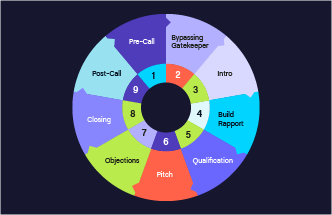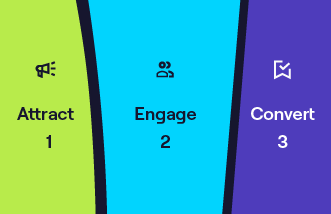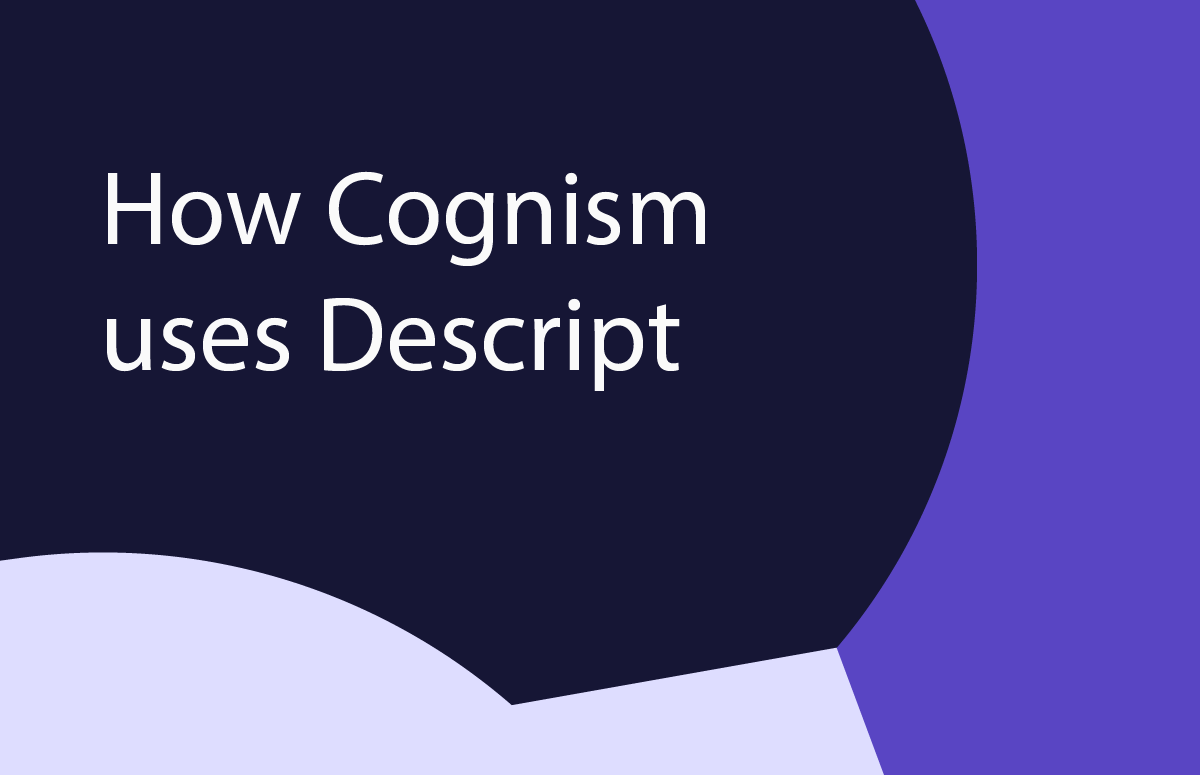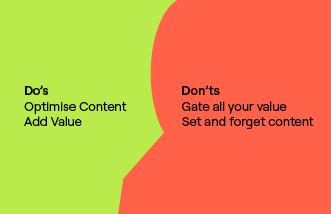B2B sales
Cold Calling Championships
B2B sales
Cold Calling: LIVE Workshop with Morgan Ingram
B2B sales
Cold Calling Scripts: Hub of the Best Templates for 2025
B2B sales
20 Examples of Common Sales Objections & Responses
B2B marketing
Targeting B2B audiences not available in LinkedIn Ads.
B2B marketing
Generating $300k pipeline in 8 weeks with a Cognism-led ABM Strategy.
Marketing operations
RevOps On Demand
B2B sales
Generate more pipeline with cold calling
B2B marketing
Increasing LinkedIn Ads CTR with matched audiences
B2B marketing
Fix Your Funnel Hub
Reducing unqalified leads with personalisation
Building Gong's #1 sequence to re-engage lost champions
Quality conversions from targeting, signals and personalisation
Decreasing lead leakage with targeted nurturingÂ
Decreasing rejection rate with enrichment, targeting and alignment
0 > effective with defined lead life cycle stages
Decreasing closed lost by refocusing targeting and channels
Gaining trustworthy data with alignment and metric tracking
Optimising ABM targeting and experimentation
Increasing revenue with optimised lead routing
Using chatbots and enrichment to reduce friction
Using interactive demos to increase lead to meeting booked
B2B marketing
Route your enriched leads with ease
B2B sales
Identifying the signs that mean you need to switch providers
Marketing operations
How Data Can Help Revenue Operators Govern the GTM Motion
B2B sales
How to prioritise accounts showing purchase intent
B2B sales
Intercepting customer churn with intent data
B2B marketing
How to revitalise your stagnant LinkedIn campaigns
Marketing operations
The Journal of RevOps Secrets: A Complete Guide to The Single Source of Truth
B2B sales
Beyond the Sales Floor
Marketing operations
RevOps Review Podcast
B2B sales
Redefining Outbound Podcast
B2B marketing
The Demand Gen Playbook Course
B2B sales
Cold Calling Live & Outbound Sales Training
B2B sales
The Blueprint: Coaching Techniques To Maximise Team Performance
B2B sales
The Blueprint: How We Structure Our Outbound Strategy
B2B sales
The Blueprint: Cognism's Approach Towards Forecasting
B2B sales
The Blueprint: How To Build A Winning Commission Structure
B2B sales
The Blueprint: How to Hire & Ramp Your Sales Team Effectively
B2B marketing
Turn every trade show into a revenue generating opportunity
B2B sales
Enrich records with accurate B2B data without leaving Outreach
B2B marketing
How Cognism uses Mailtastic
B2B marketing
The diary of a first-time CMO
B2B marketing
The Loop Podcast
B2B marketing
How Cognism uses Hotjar
B2B marketing
How Cognism uses Google Data Studio
B2B marketing
How Cognism uses Gong
B2B marketing
How Cognism uses Meta Ads
B2B marketing
How Cognism uses Google Ads
B2B marketing
How Cognism uses LinkedIn Ads
B2B marketing
How Cognism uses Metadata
B2B marketing
How Cognism uses Funnel
B2B marketing
How Cognism uses Fielo
B2B marketing
How Cognism uses Mister Horse
B2B marketing
How Cognism uses Agorapulse
B2B marketing
How Cognism uses Epidemic Sound
B2B marketing
How Cognism uses Ahrefs
B2B marketing
How Cognism uses Adobe Creative Cloud
B2B marketing
How Cognism uses Frase.io
B2B marketing
How Cognism uses Involve.me
B2B marketing
How Cognism uses Outreach
B2B marketing
How Cognism uses Wynter
B2B marketing
How Cognism uses G2
B2B marketing
How Cognism uses Figma
B2B marketing
How Cognism uses BeePro
B2B marketing
How Cognism uses Goldcast
B2B marketing
How Cognism uses Grammarly
B2B marketing
How Cognism uses Asana
B2B marketing
How Cognism uses Google Search Console
B2B marketing
How Cognism uses Google Analytics
B2B marketing
How we use Cognism for Marketing
B2B marketing
How Cognism uses Mutiny
B2B marketing
How Cognism uses Drift
B2B marketing
How Cognism uses Hubspot
B2B marketing
The Loop Digest
B2B marketing
The Loop Live
B2B sales
How to hit the right timing for an expansion conversation
B2B sales
How to grow key accounts by targeting additional departments
Demand generation
How to Build a Demand Gen Machine From the Ground Up (with Cognism's Marketing Team)
B2B marketing
How to generate webinar/event registrants
B2B marketing
How to enrich and connect with inbound leads faster
B2B sales
How to enrich SalesNav lead lists with actionable contact data
B2B marketing
How to find & target newly appointed decision makers
B2B sales
How to find and reach decision-makers in target accounts
B2B sales
How to find net new, ideal-fit prospects in assigned verticals
B2B sales
The Sales Target Predictability Template
B2B marketing
6-Step guide to optimising email nurture conversions
Content marketing
On-Page SEO Checklist
B2B sales
Used by our 100+ reps every day
B2B marketing
Revenue Champions Podcast
AE
Webinar: Rethinking Outbound, from Series C to IPO
B2B marketing
The Revenue Focused Guide to Demand Marketing
B2B marketing
The revenue-driven email marketing checklist
B2B sales
Sales Enablement Playbook
AE
Speed to Lead: How to Ramp SDRs Quickly and Effectively
AE
The most overlooked elements of a winning sales culture that scales
B2B marketing
Next Level Data: How Top Companies are Driving Growth
B2B marketing
The Ultimate Go-To-Market Template
B2B sales
SDR Training Schedule Template
B2B marketing
European GTM 101: The honest guide to nailing your strategy
B2B marketing
The Dark Funnel & what it means for Marketers
B2B marketing
Revenue marketing: What do top marketers measure and why?
AE
Breaking Down Silos: Integrating Sales and Marketing
B2B marketing
The 3 Secrets to CMO Success
AE
The Sales Leader's Guide To Scaling A Sales Strategy
B2B sales
The B2B Cold Calling Handbook
B2B sales
Revenue Engines: How you can build success in sales
B2B sales
The secret formula to a winning cadence
B2B marketing
The 'No Fluff' Guide to Inbound Marketing
AE
Scaling sales: key lessons from our journey from 2.5 to 7M
B2B marketing
Breaking down silos: integrating sales and marketing (with Alice de Courcy, CMO and Jonathon Ilett, Global Head of Sales @Cognism)
B2B marketing
Illuminating the dark funnel of B2B marketing (with Chris Walker, CEO @Refine Labs)
B2B marketing
How Cognism uses Descript
Content marketing
Dark Funnel Cheat Sheet
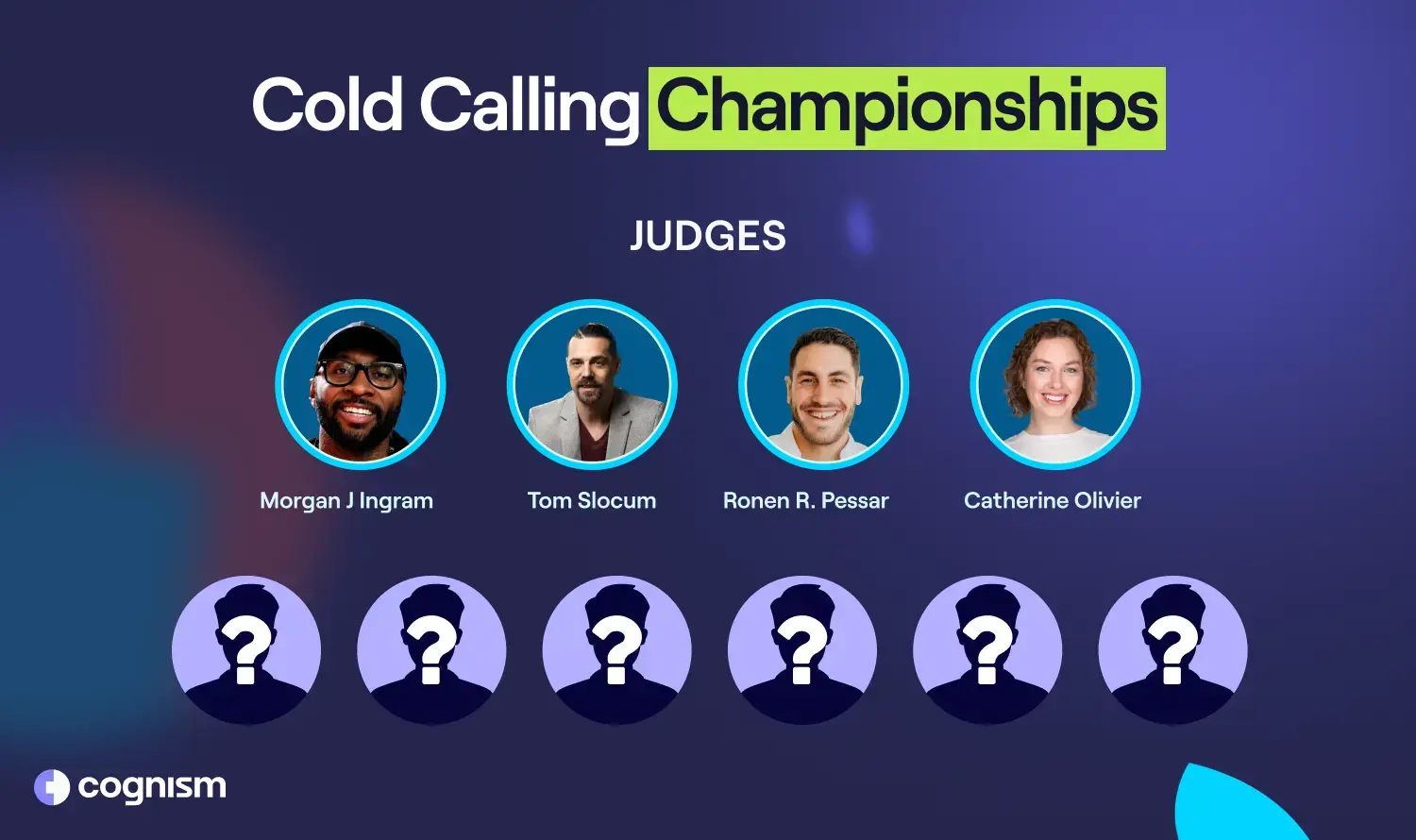
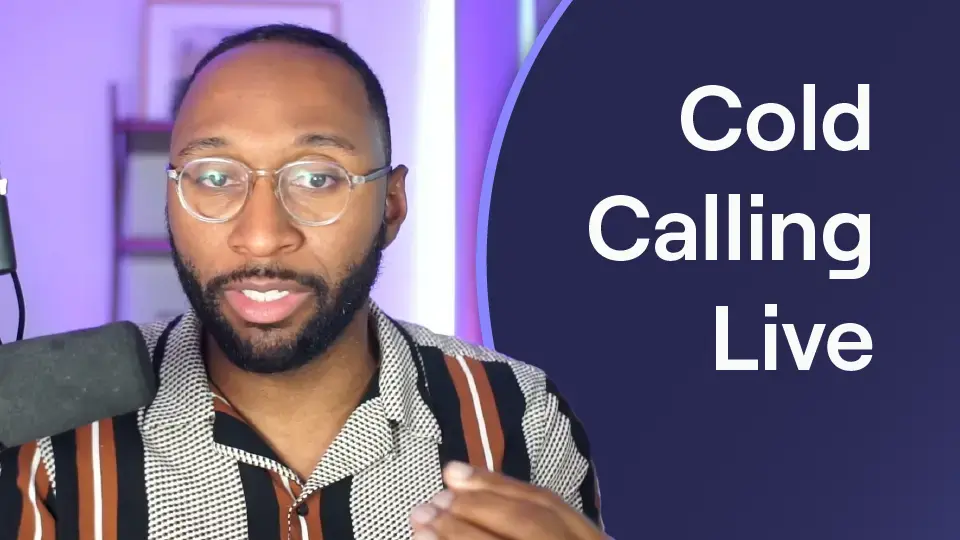
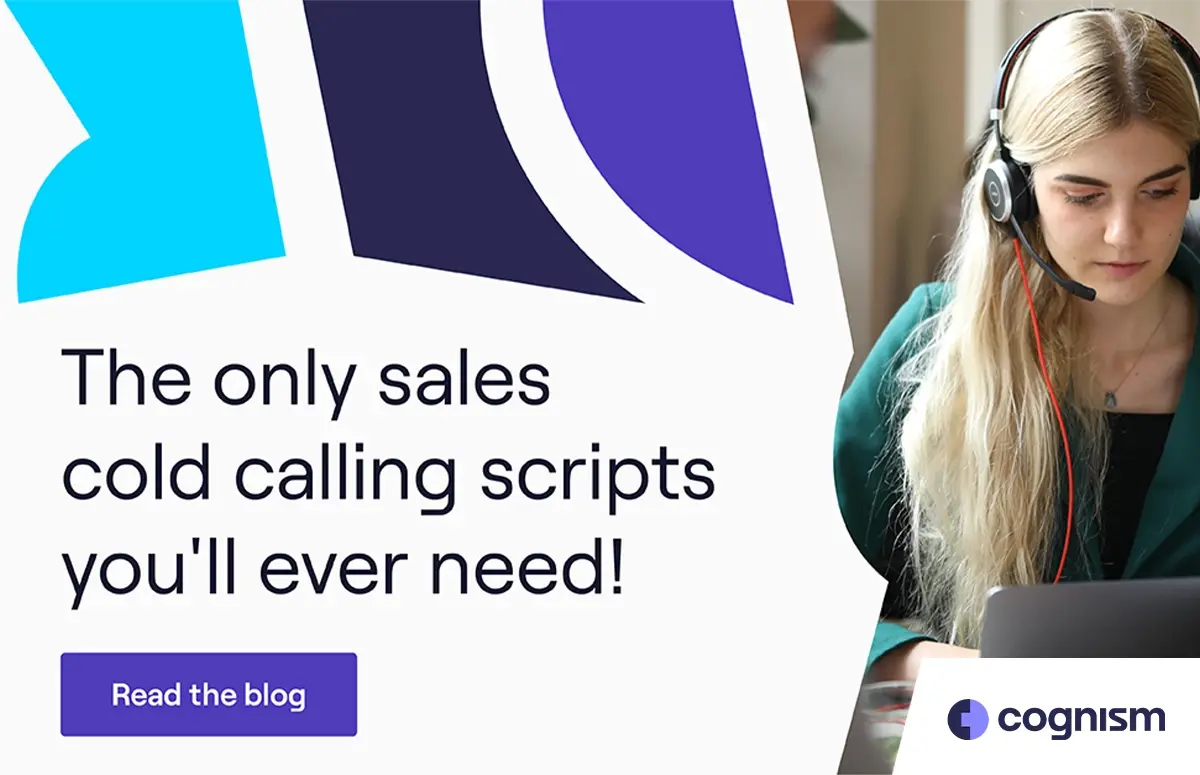
.webp)
.jpg)
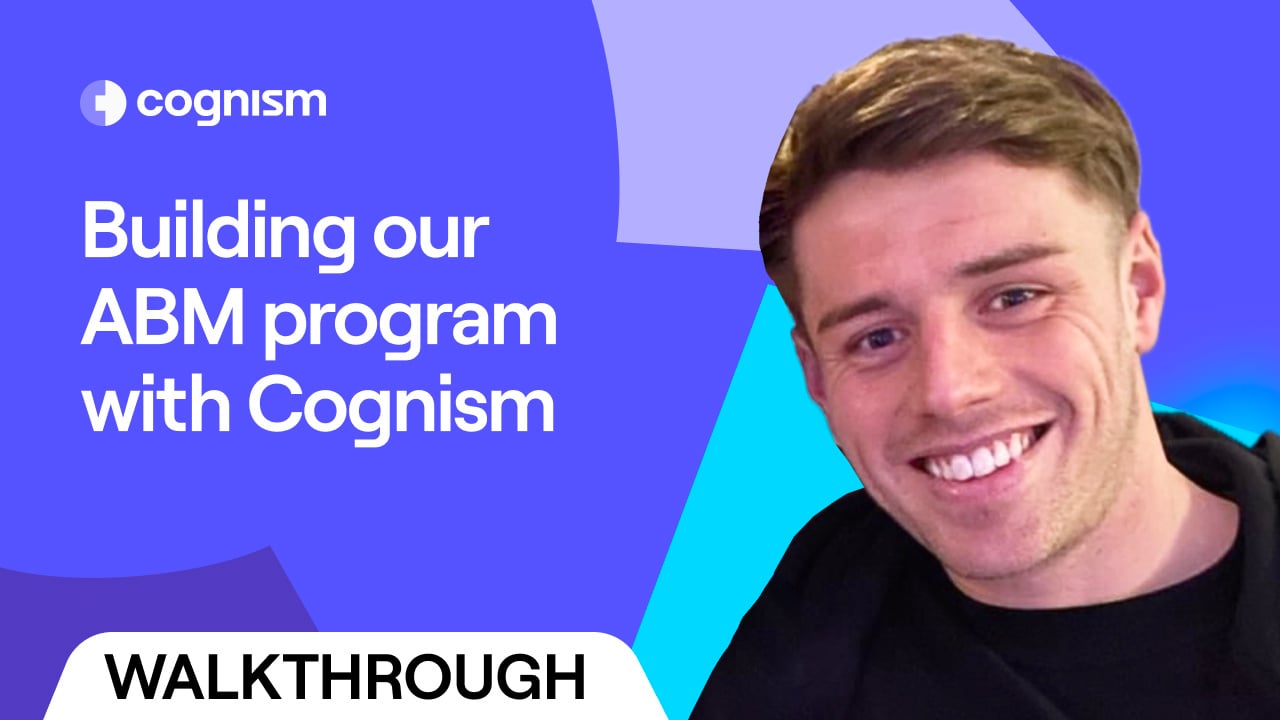
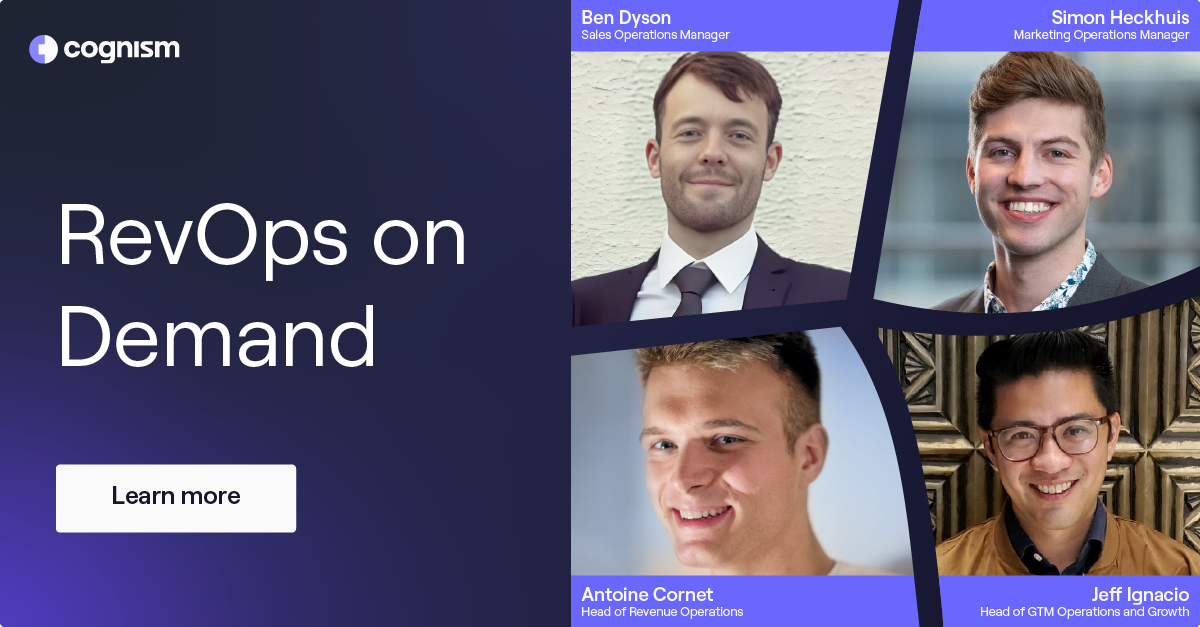
.png)
.png)
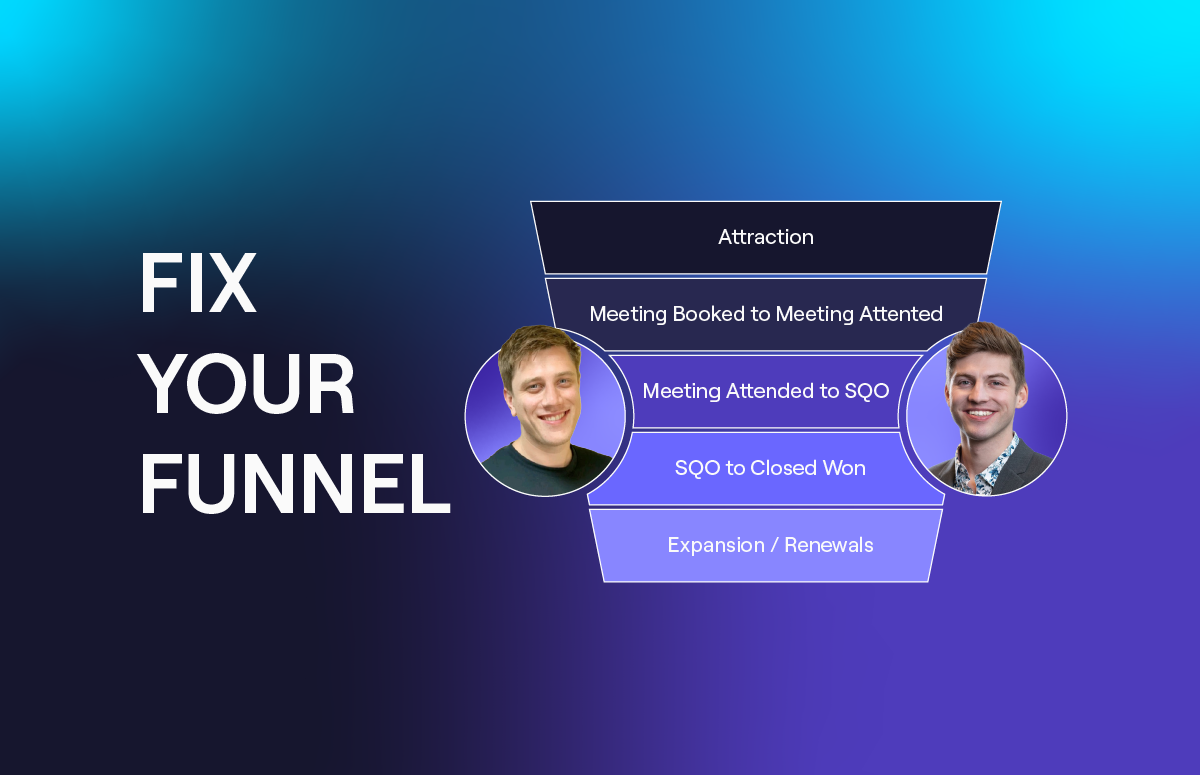
.png)
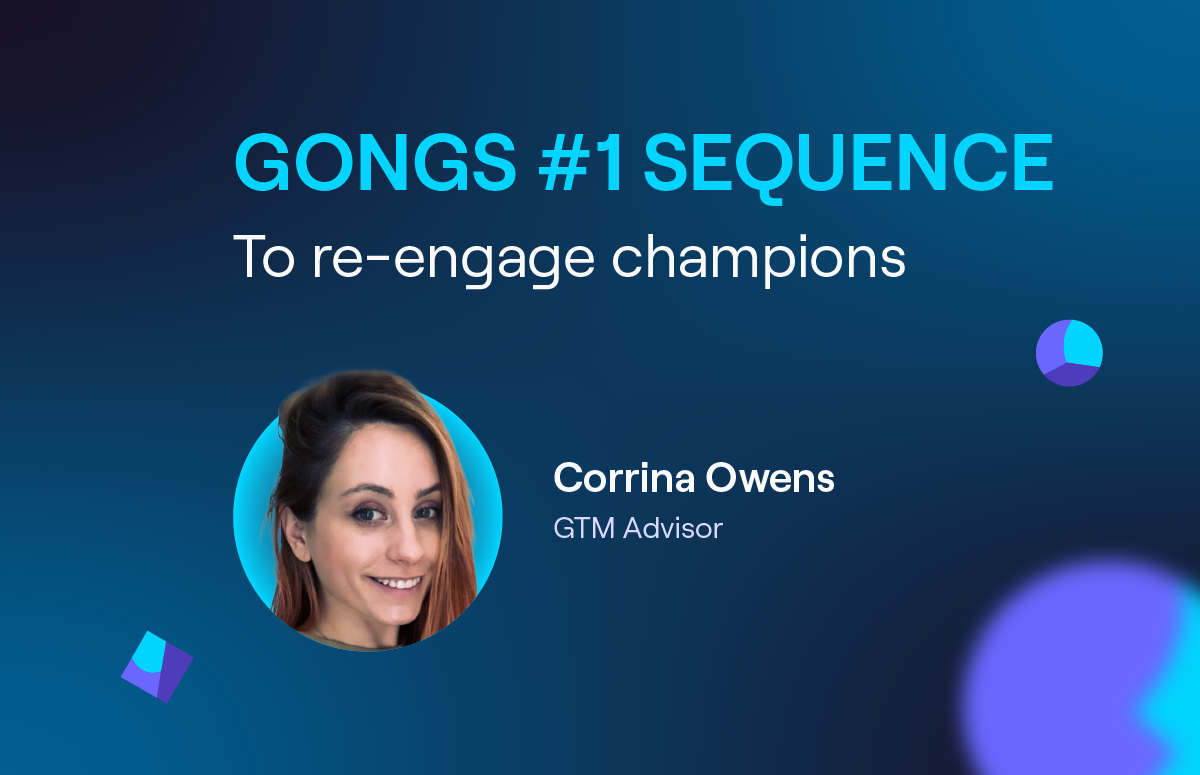
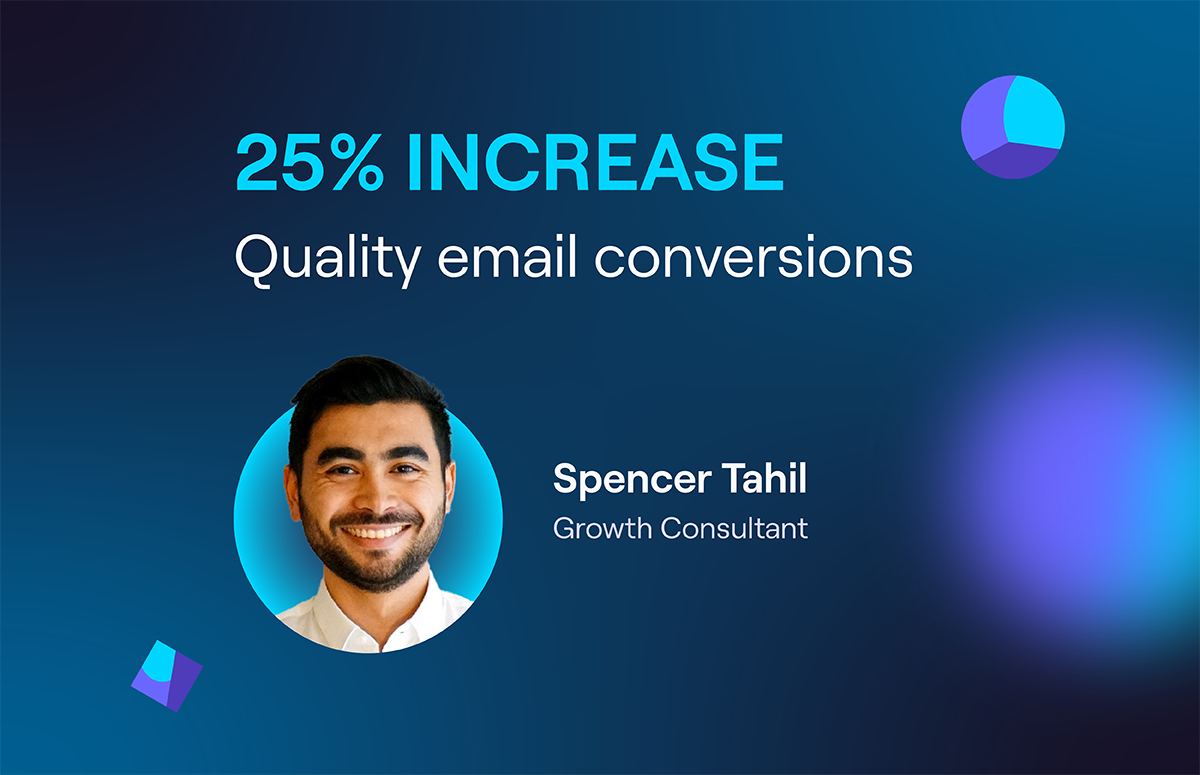
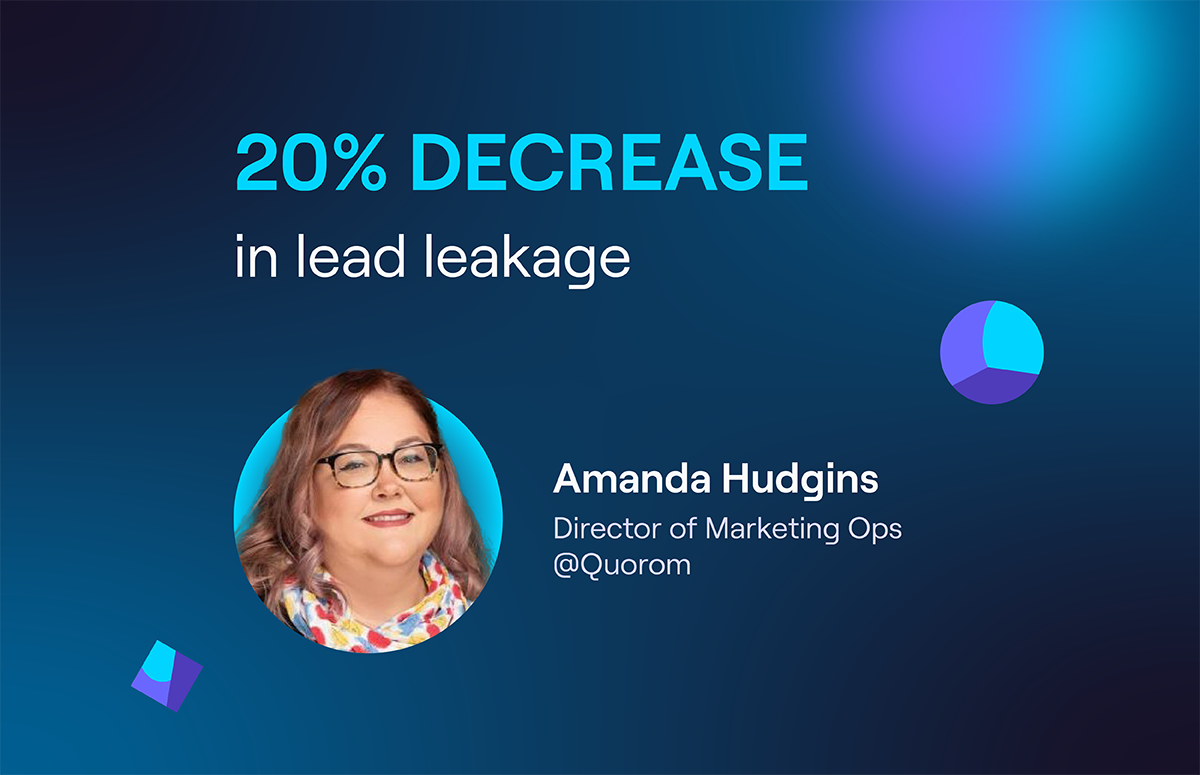
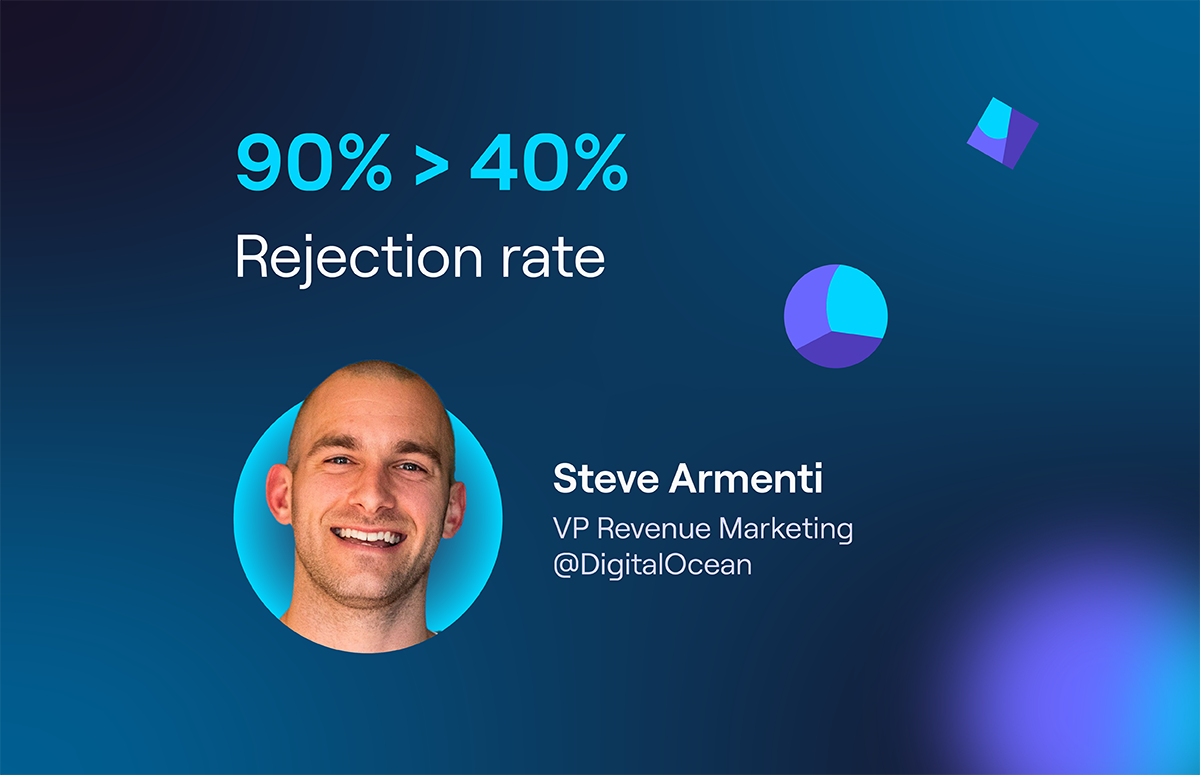
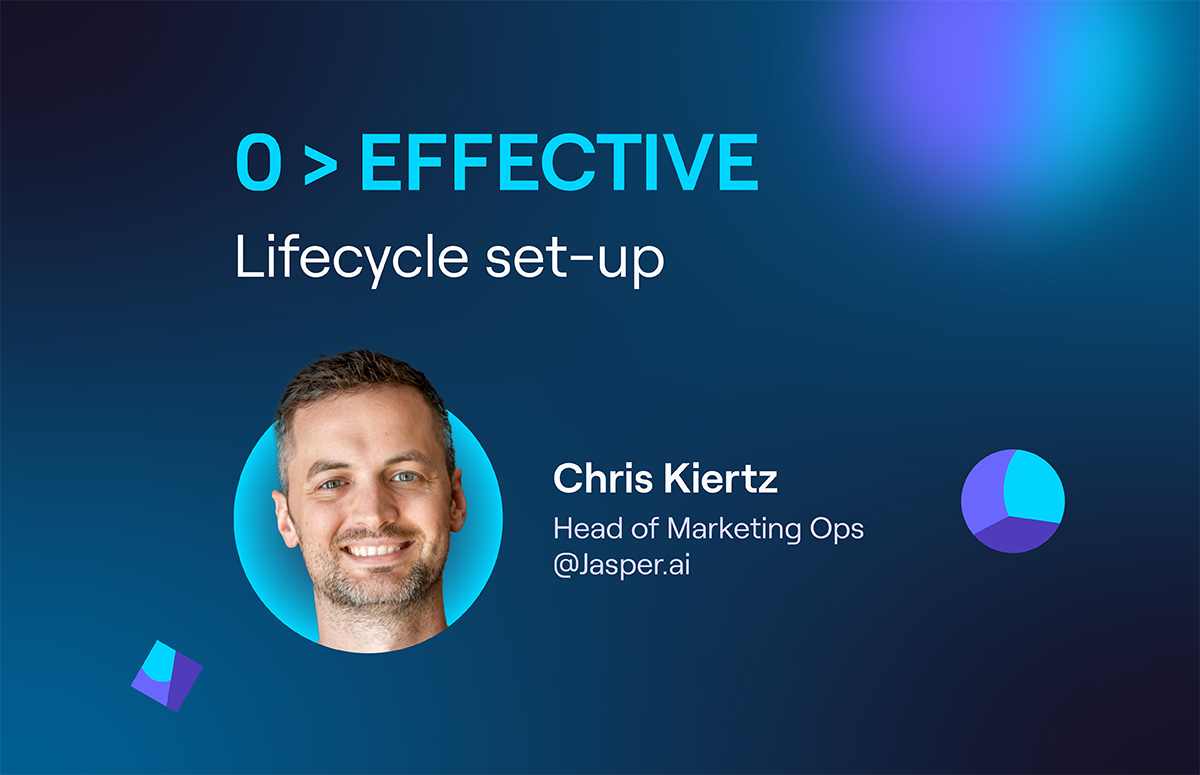
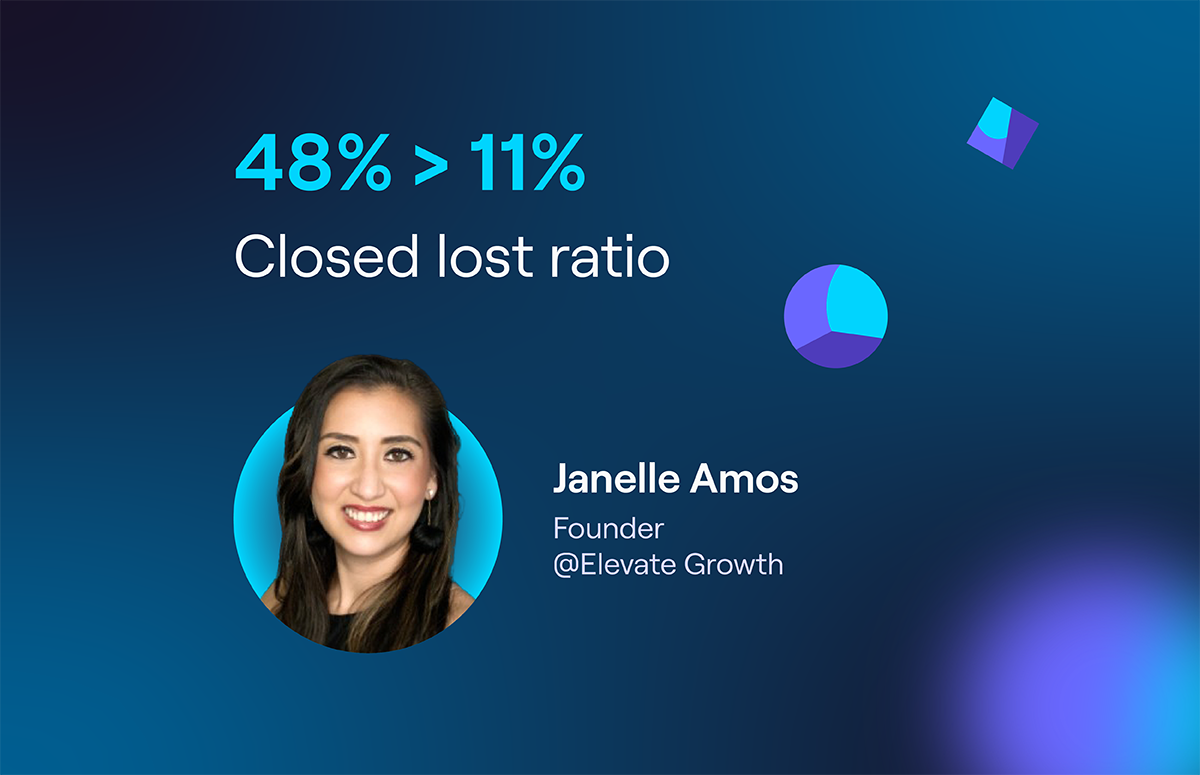
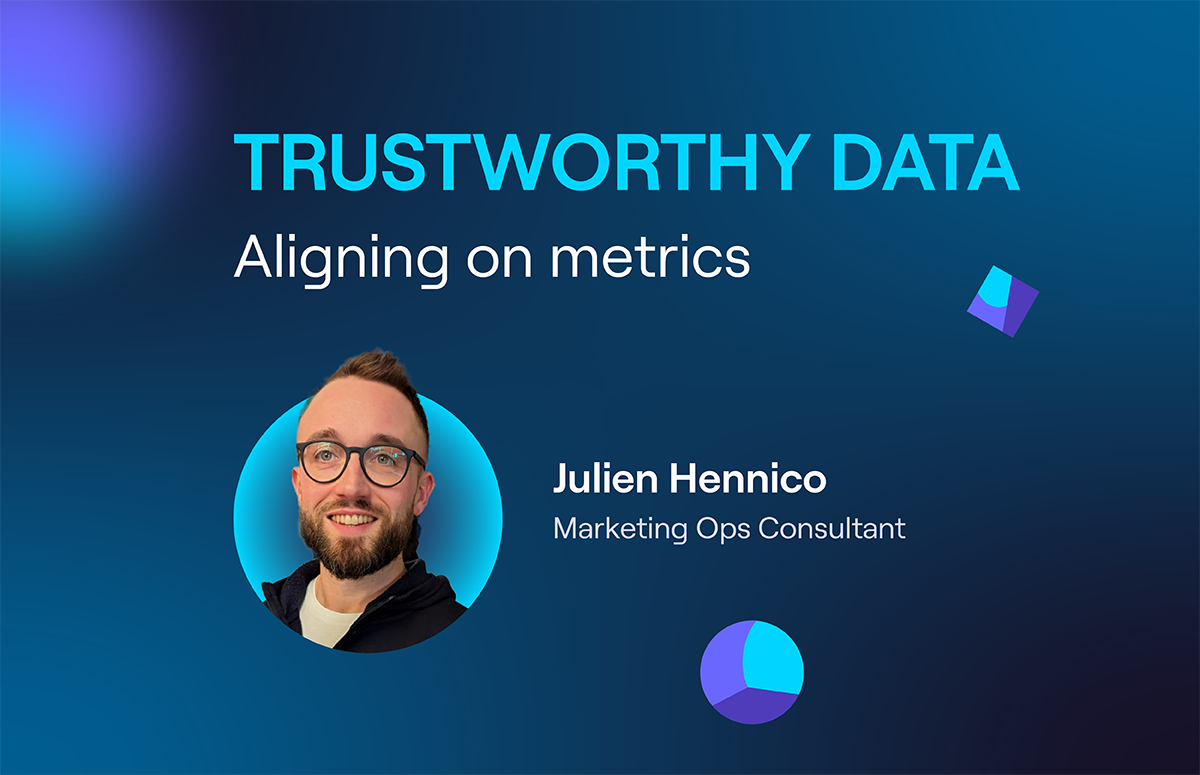
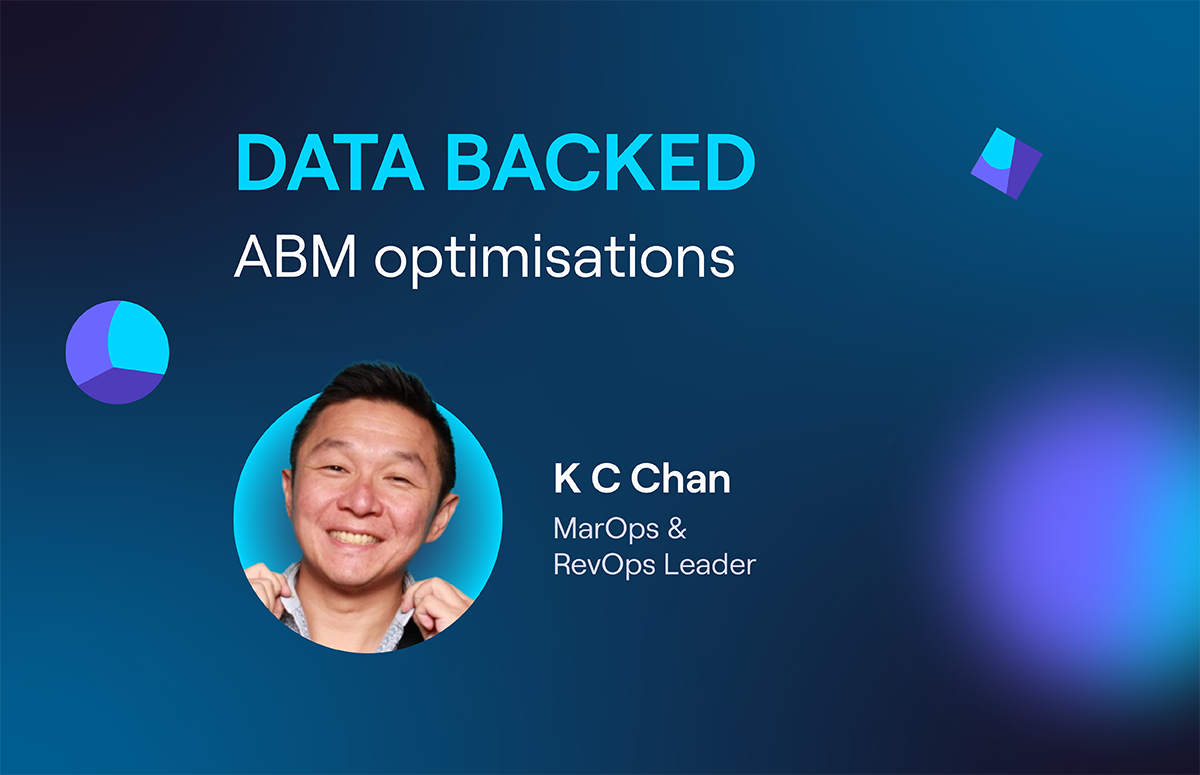
.png)
.png)
.png)
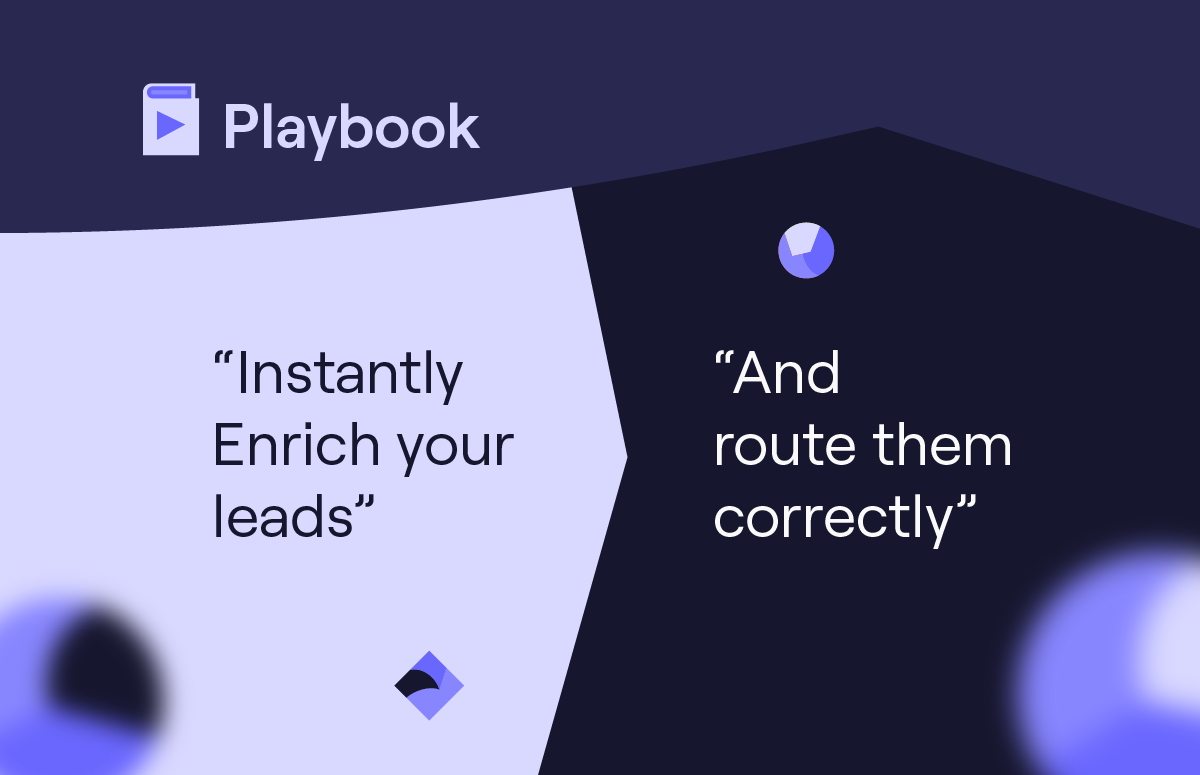
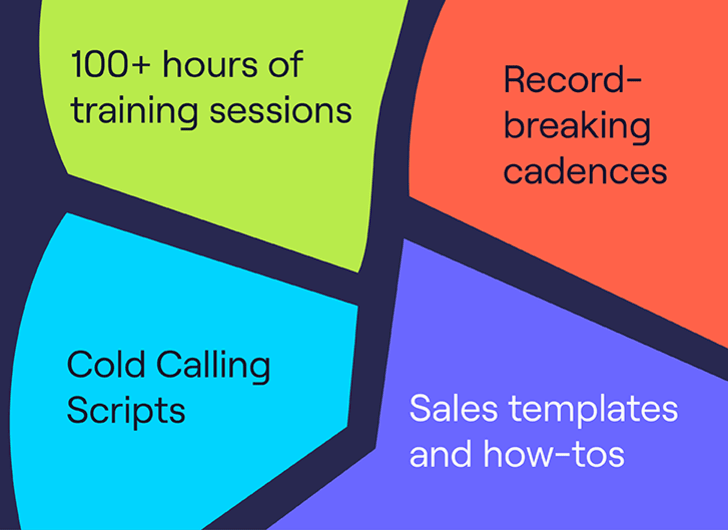
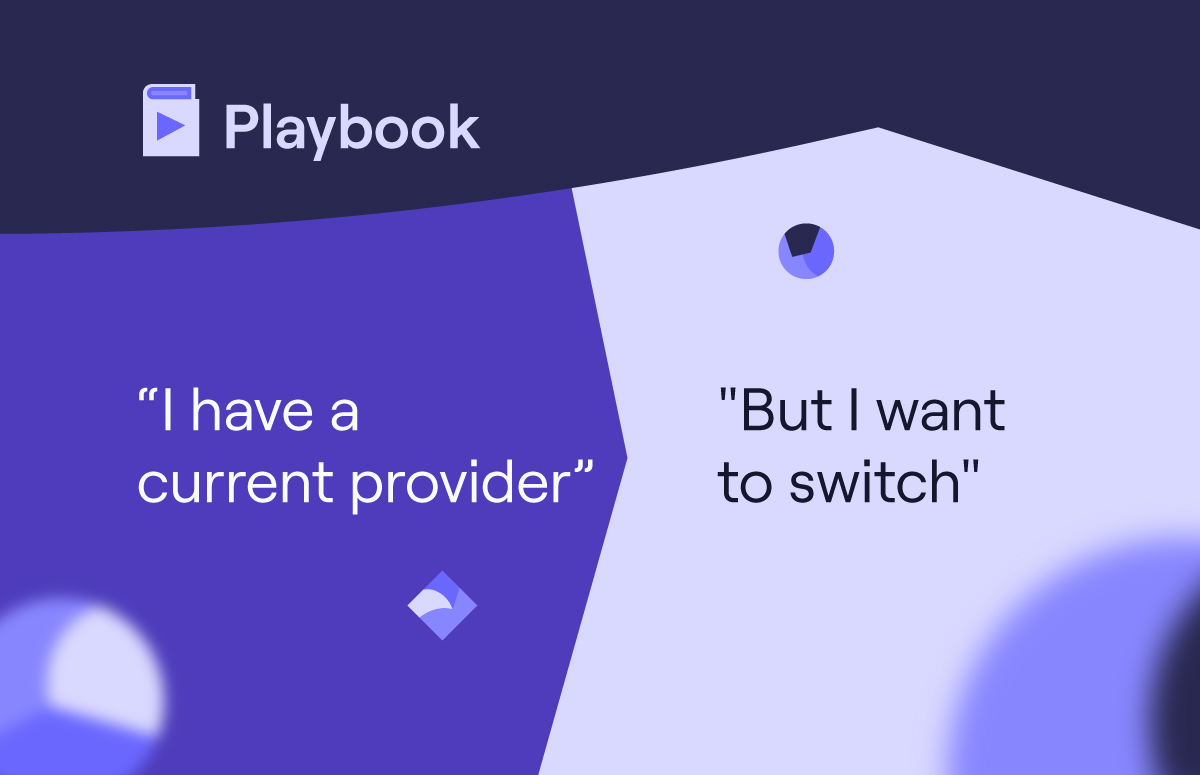
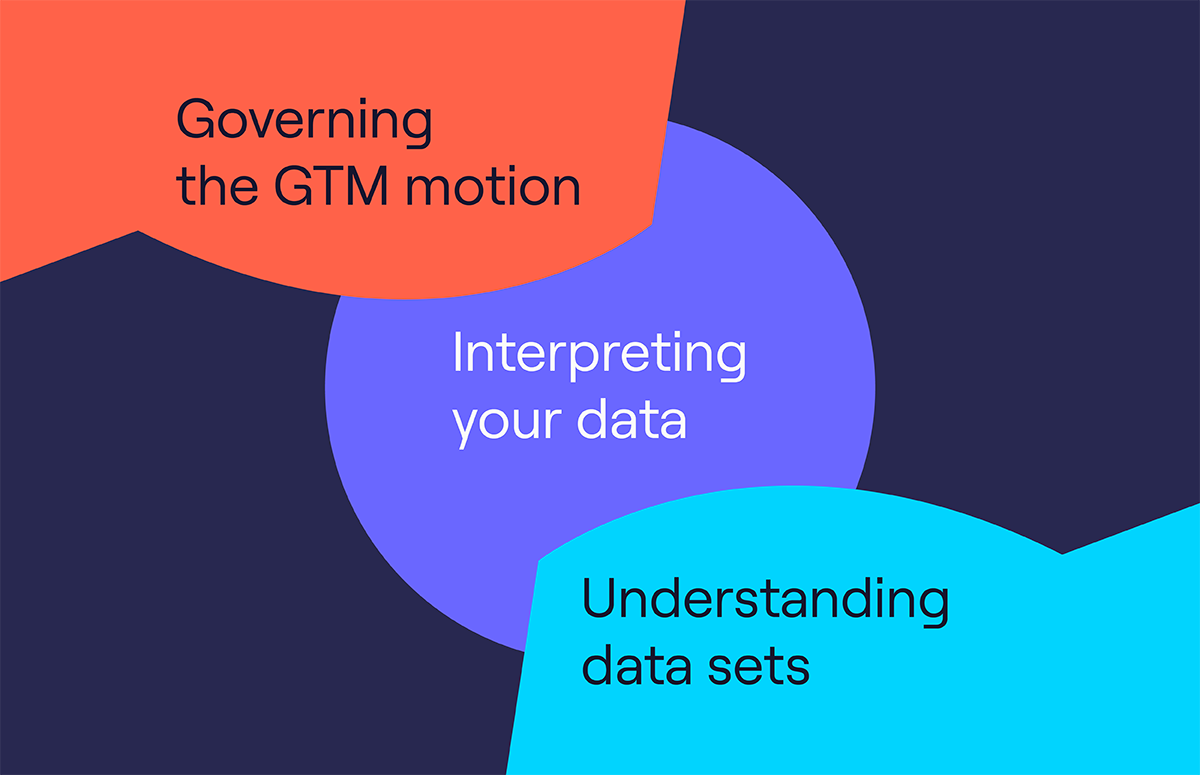
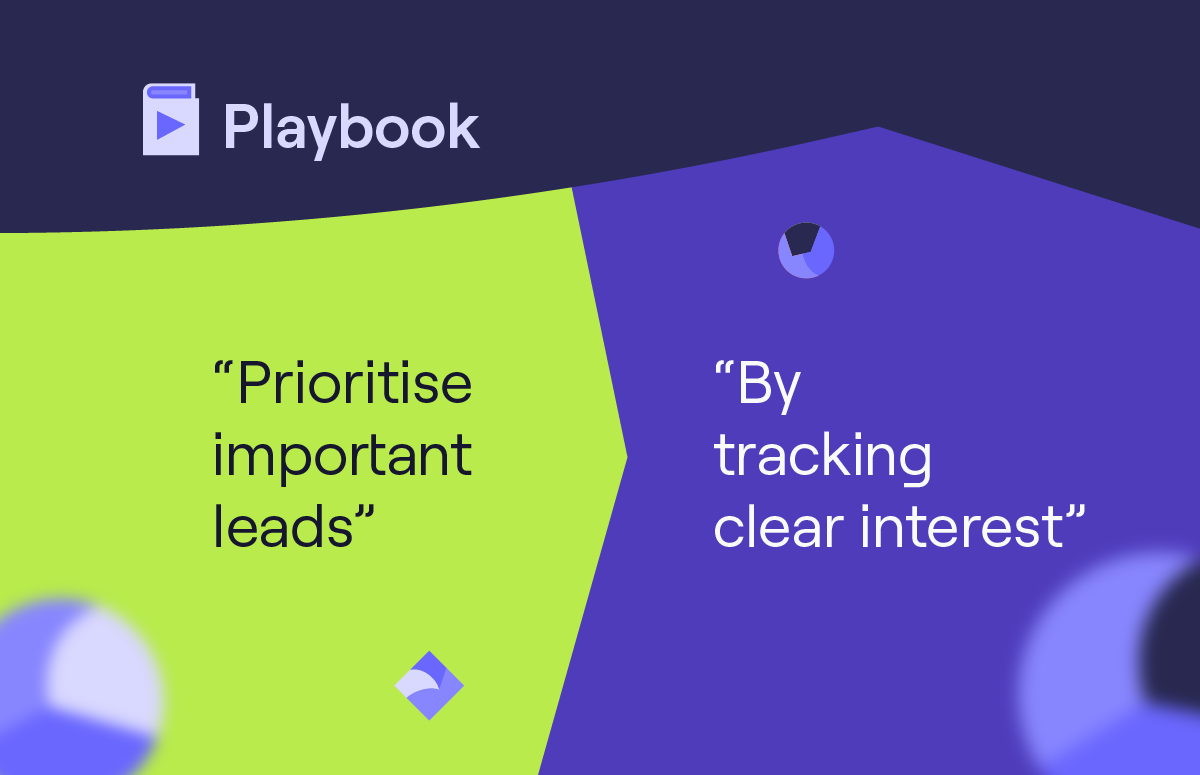
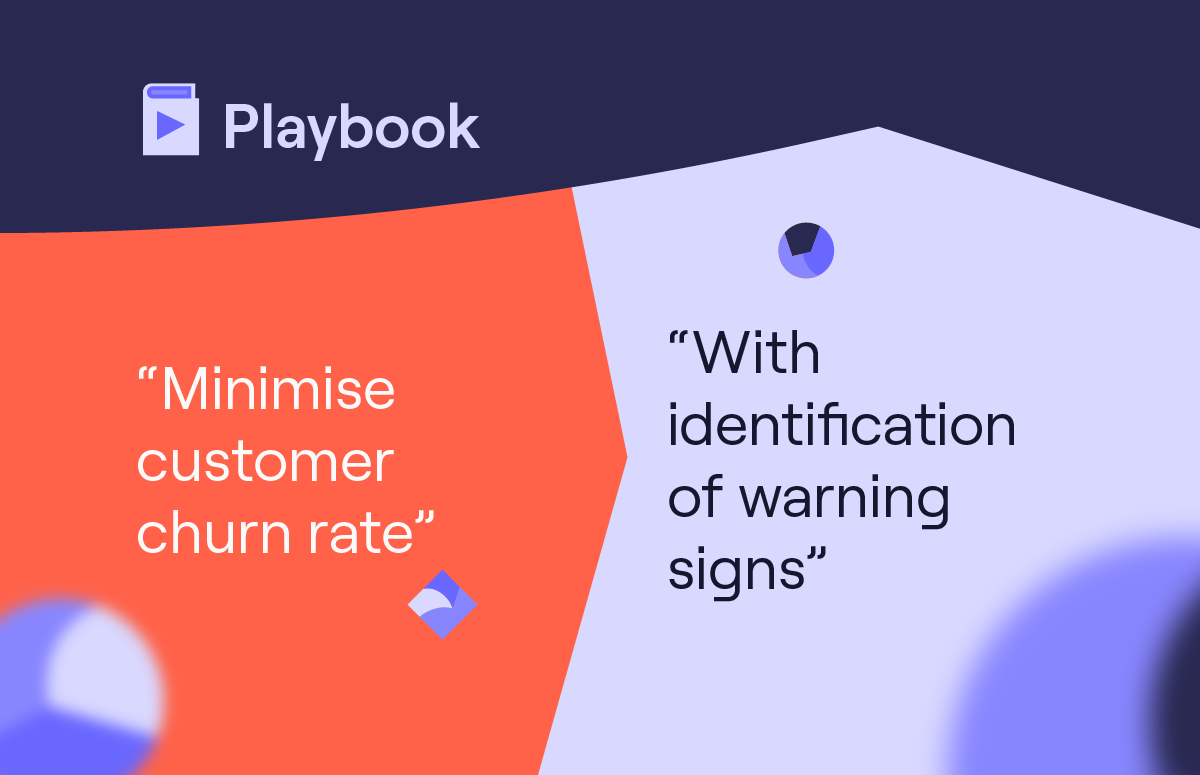
.jpg)
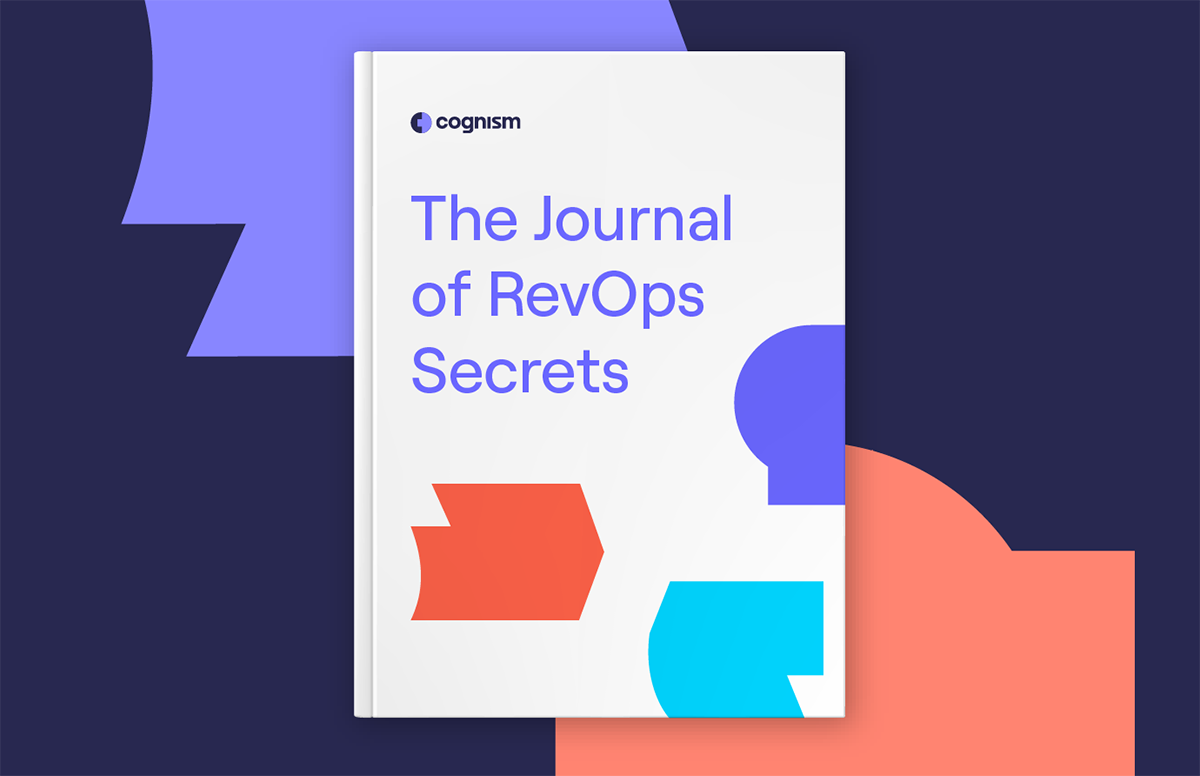
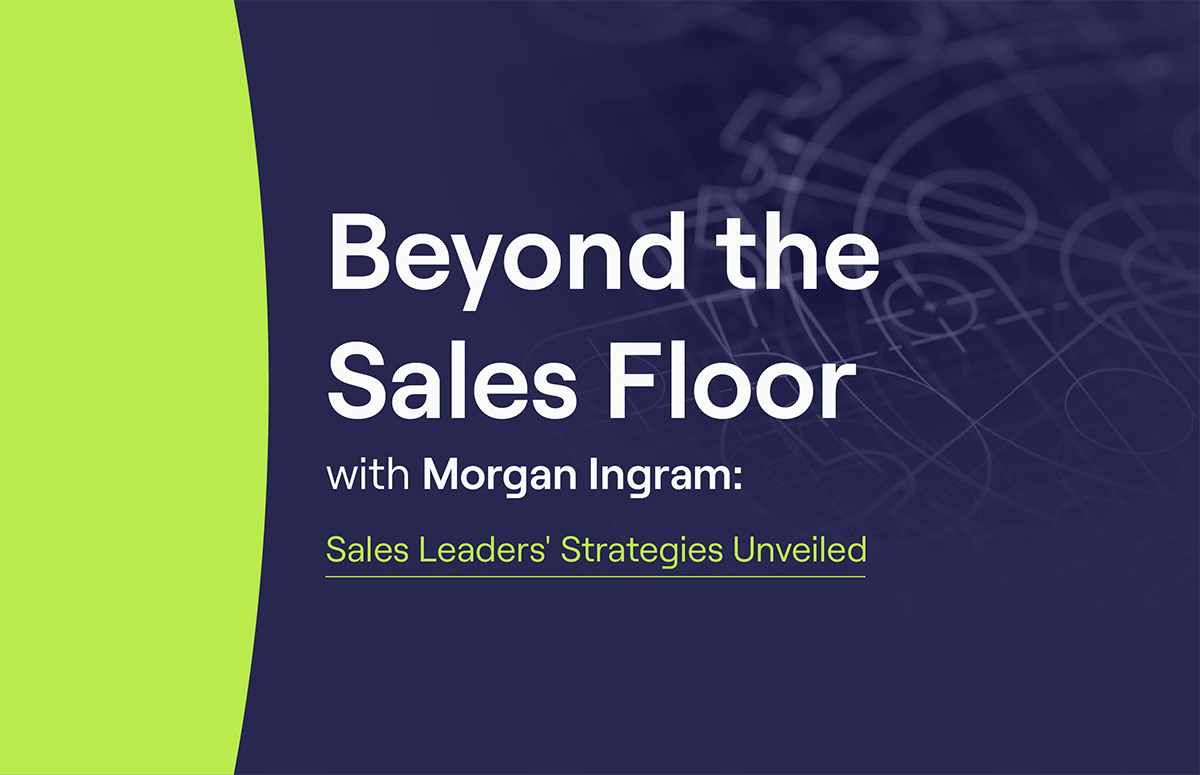
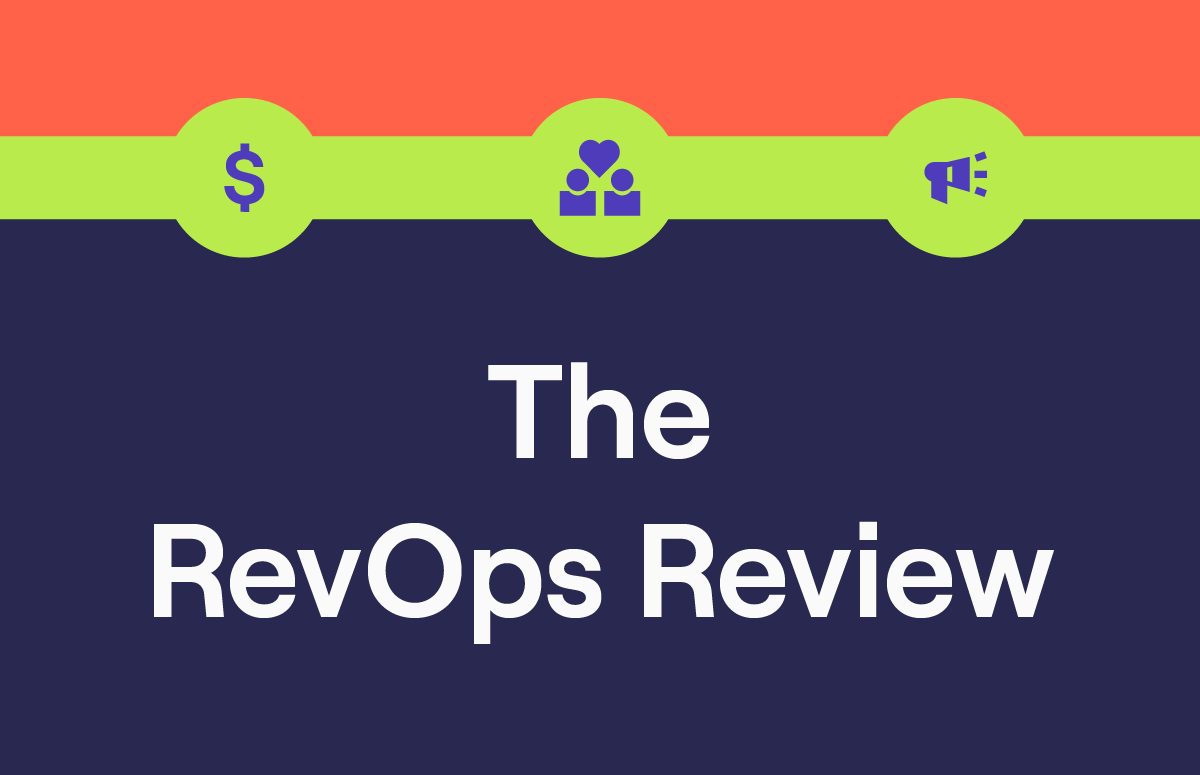
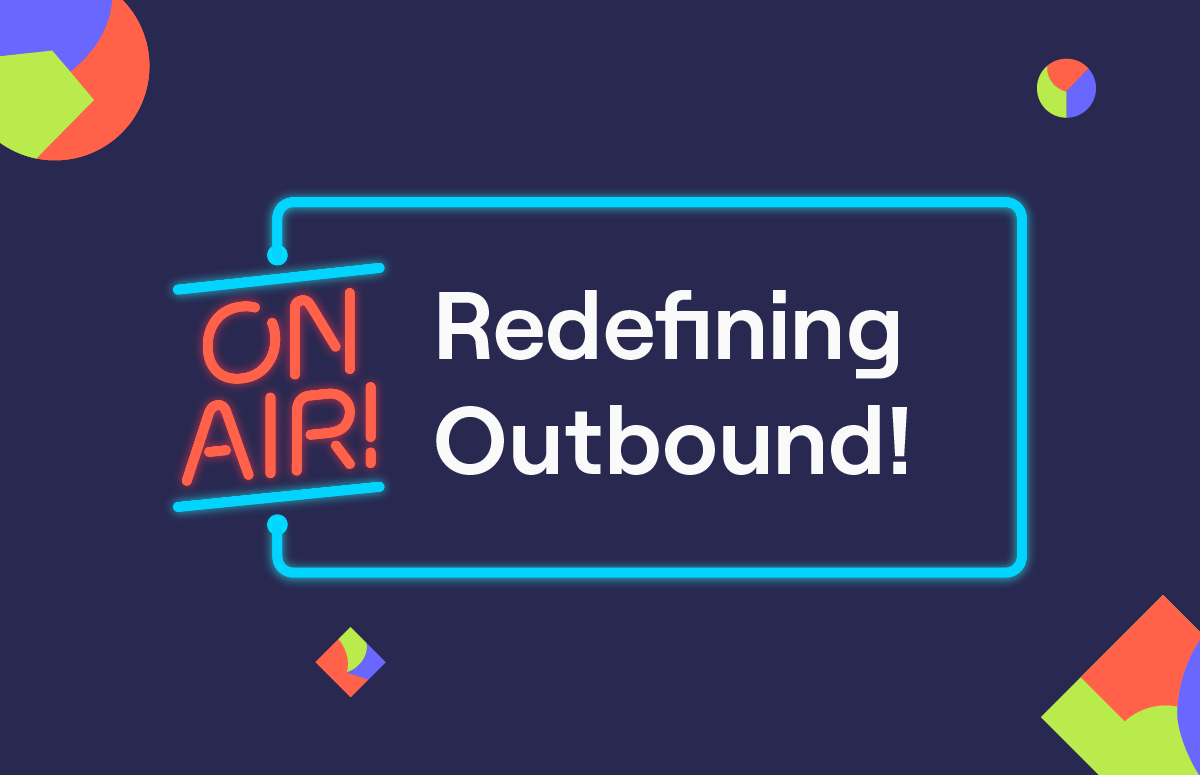


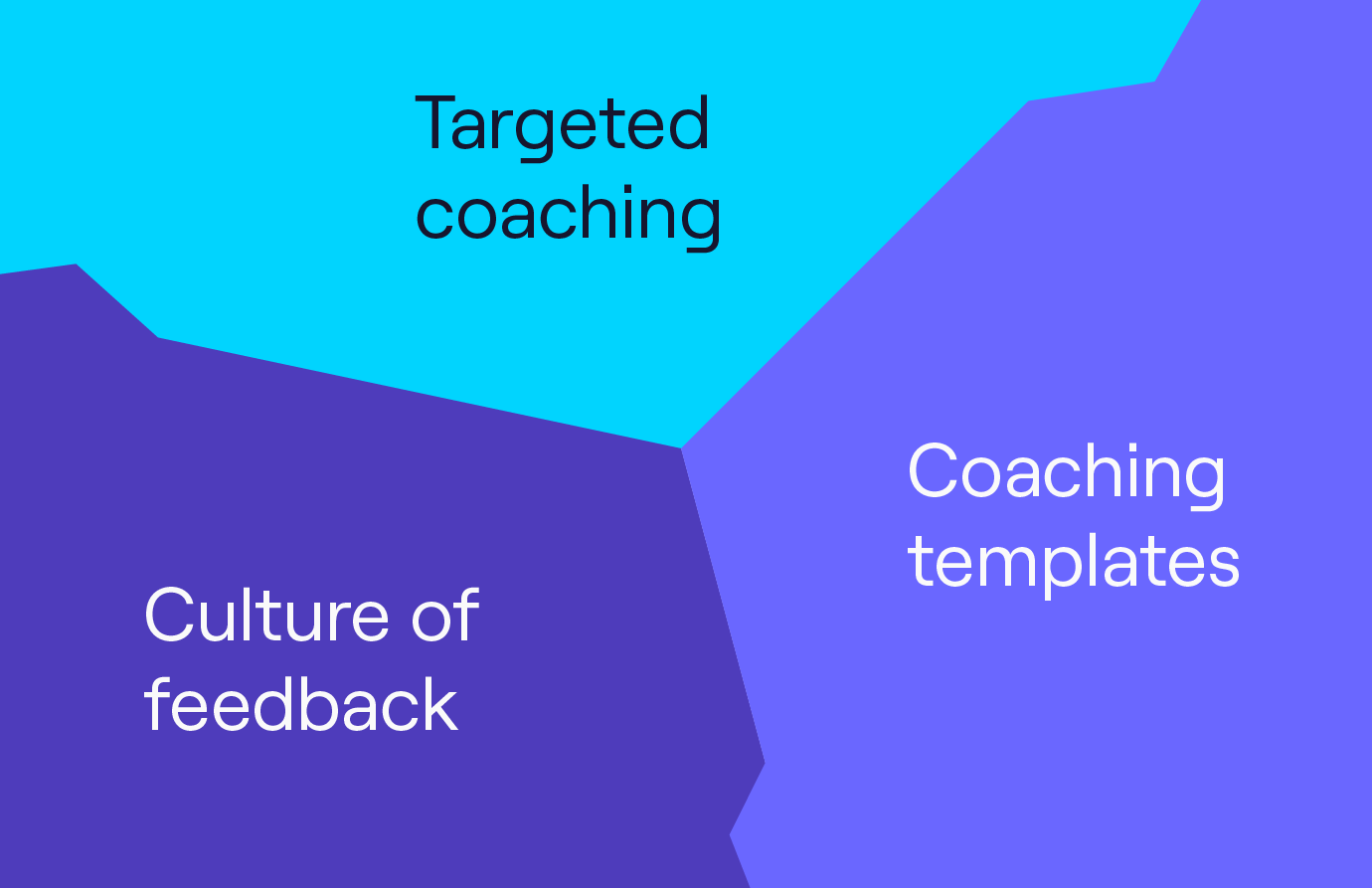
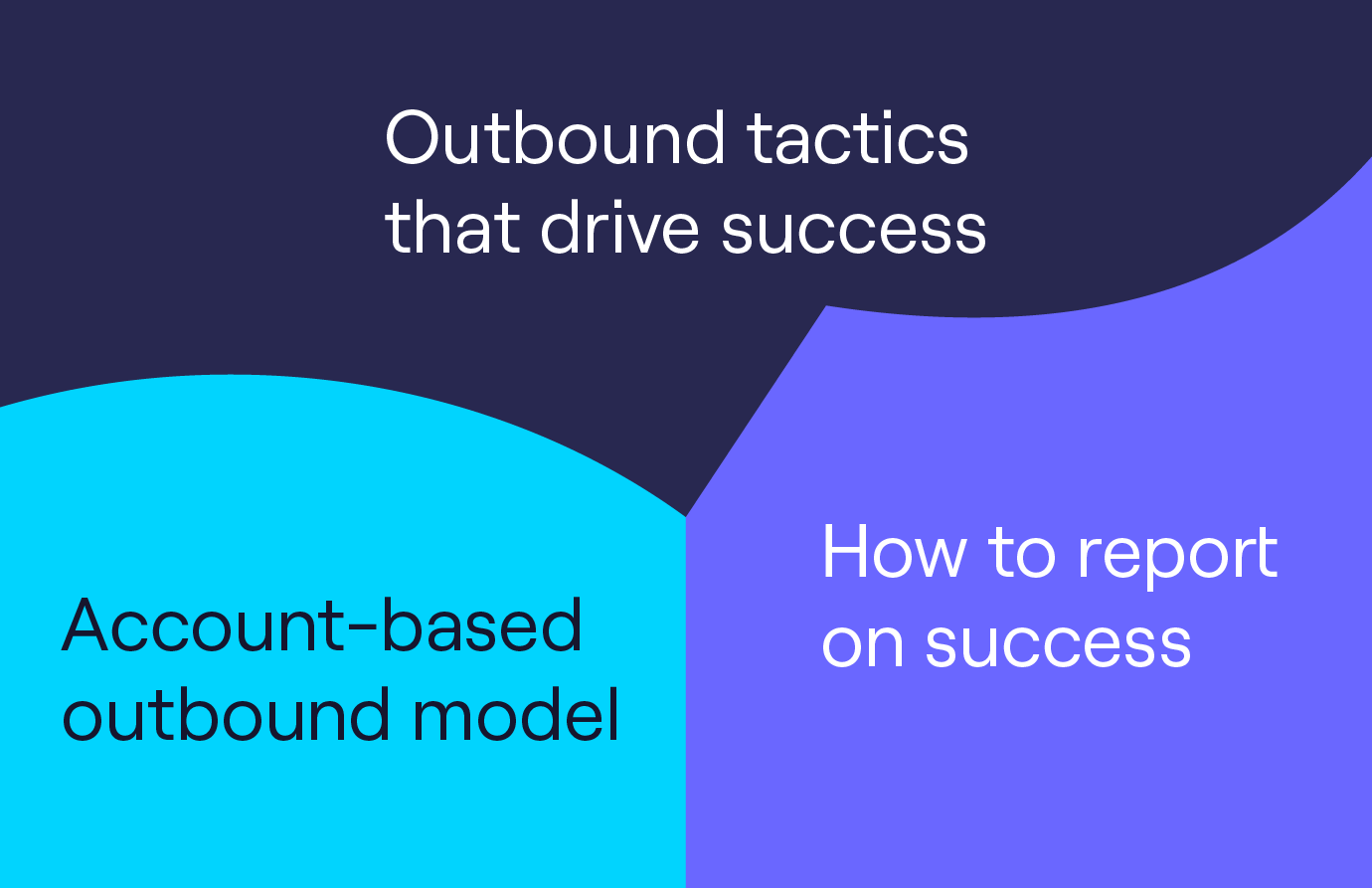
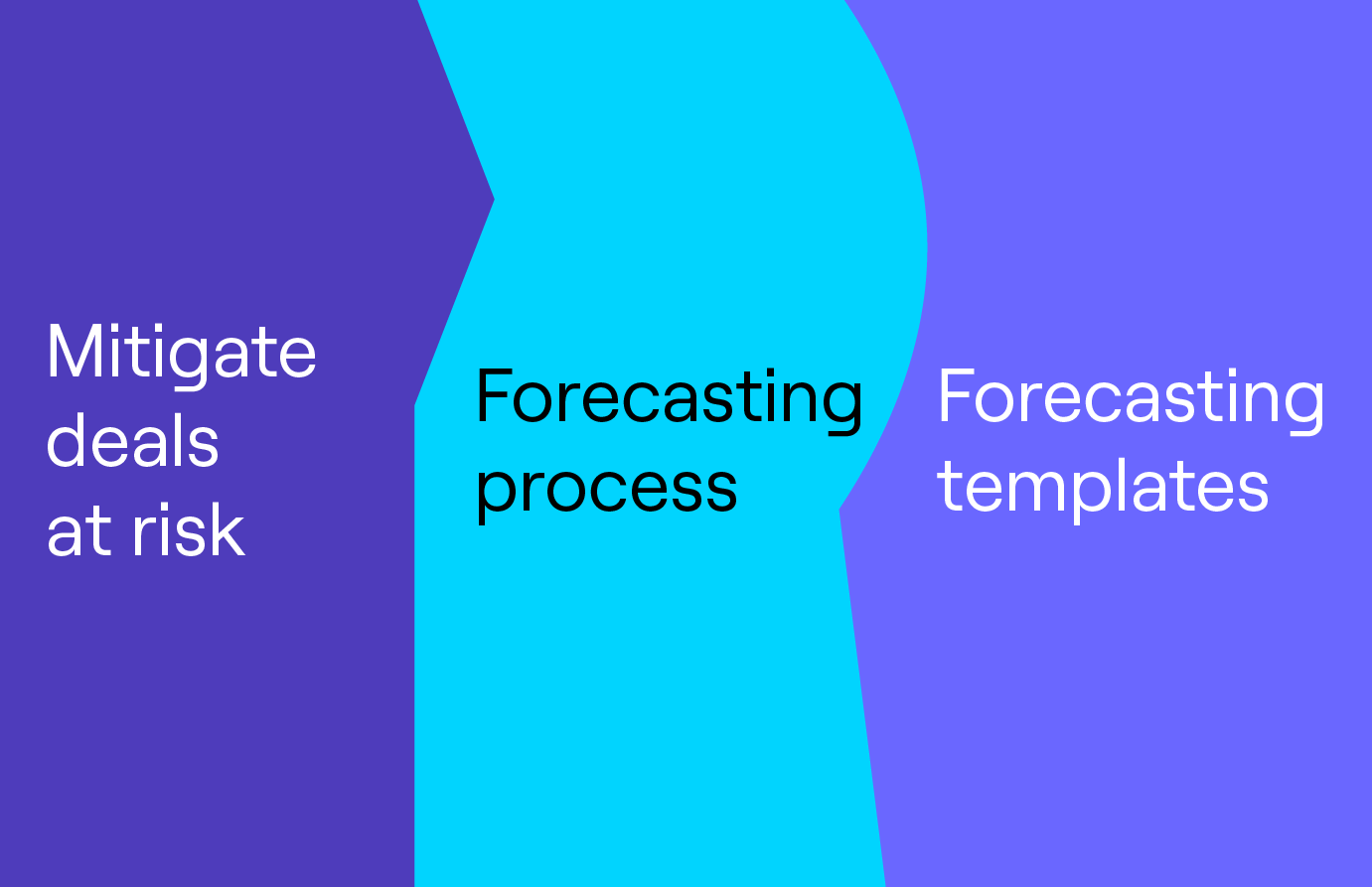
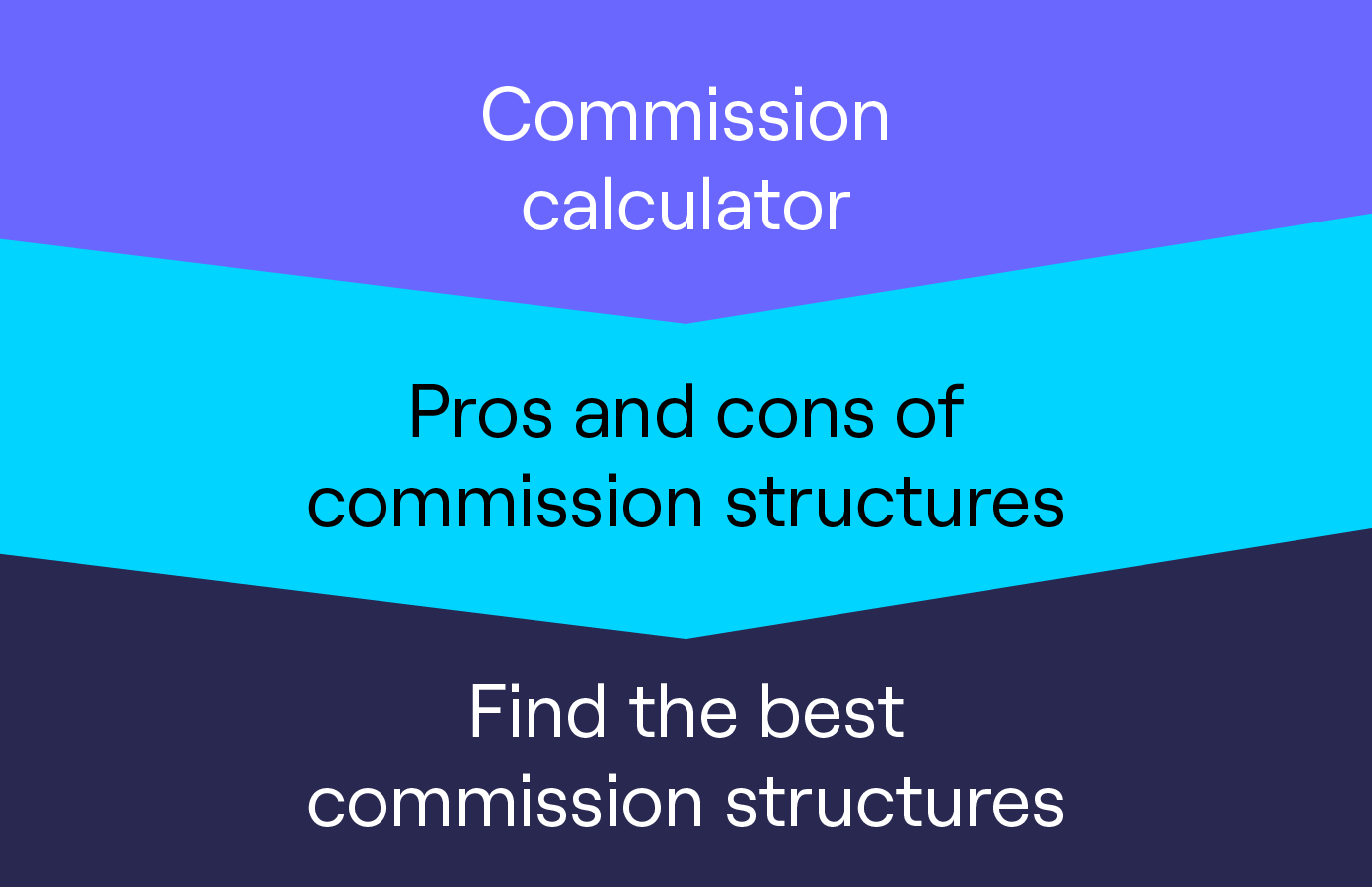
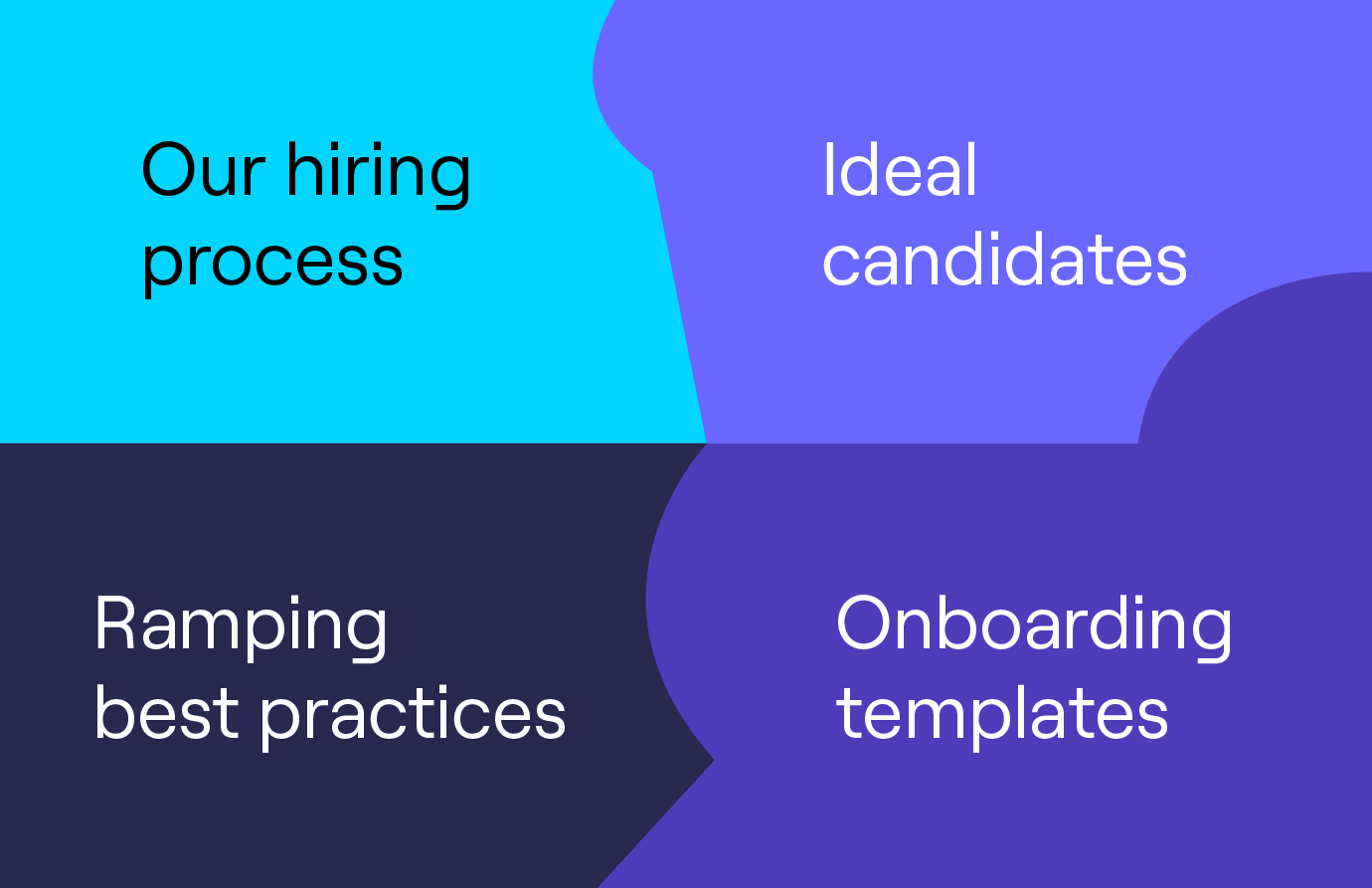
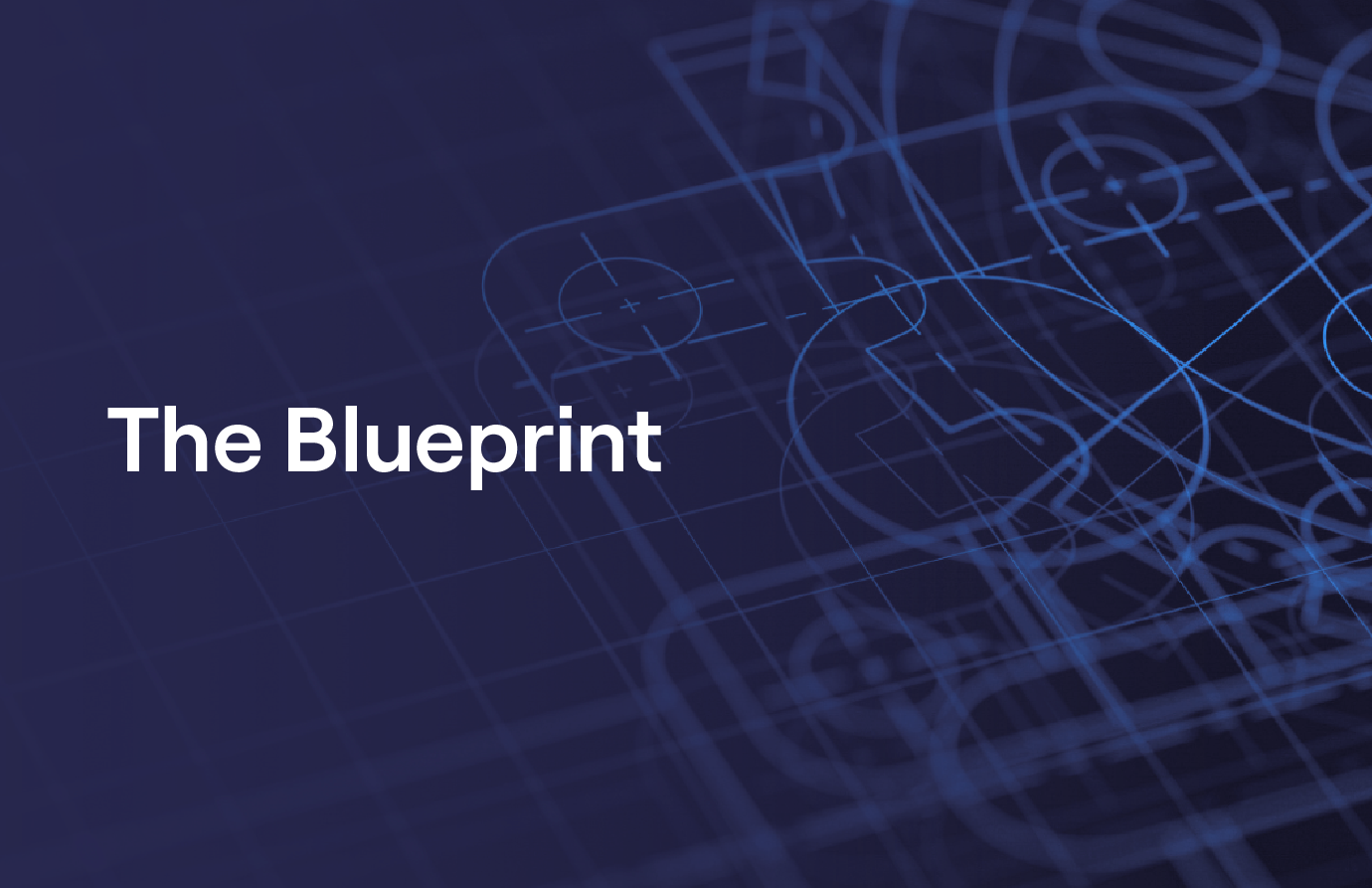
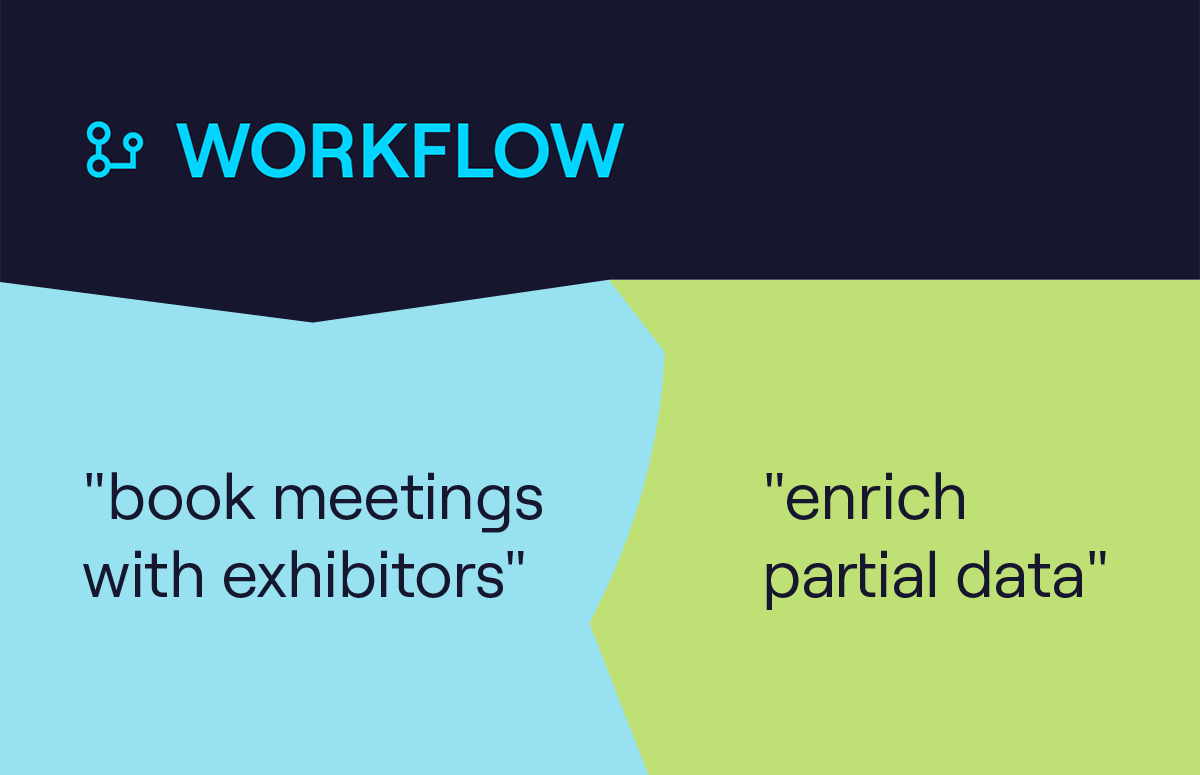
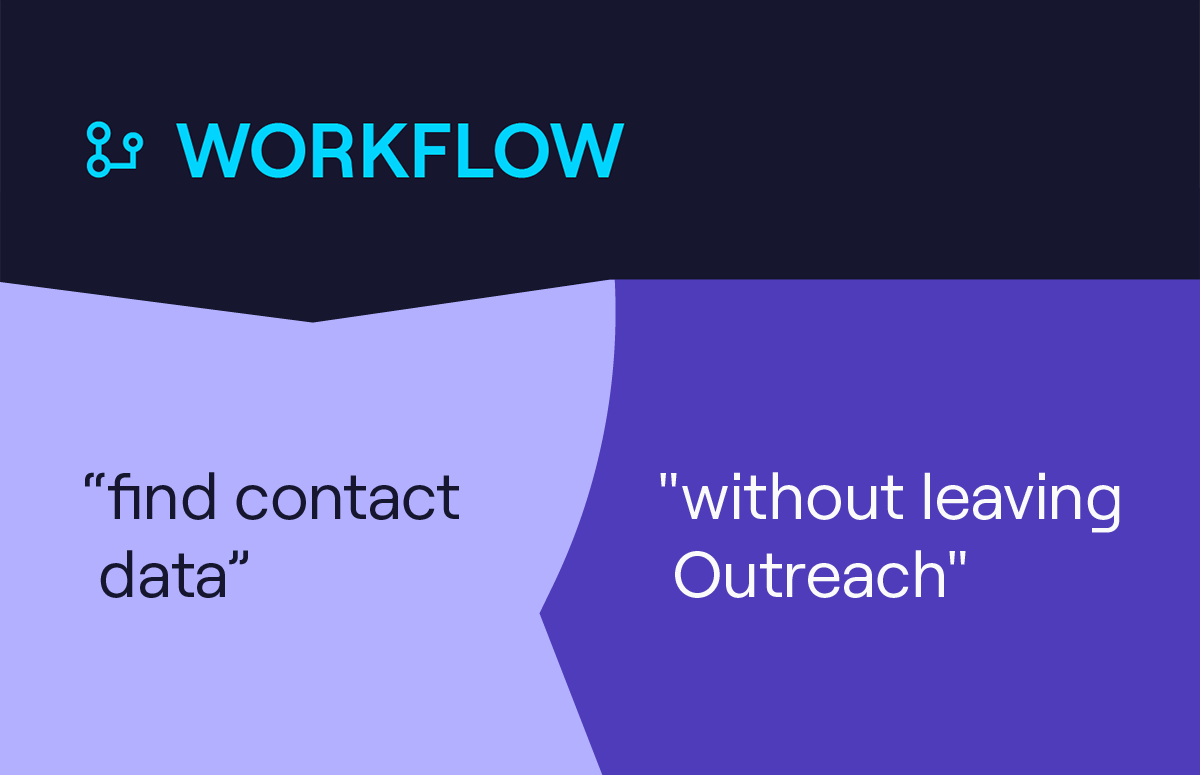
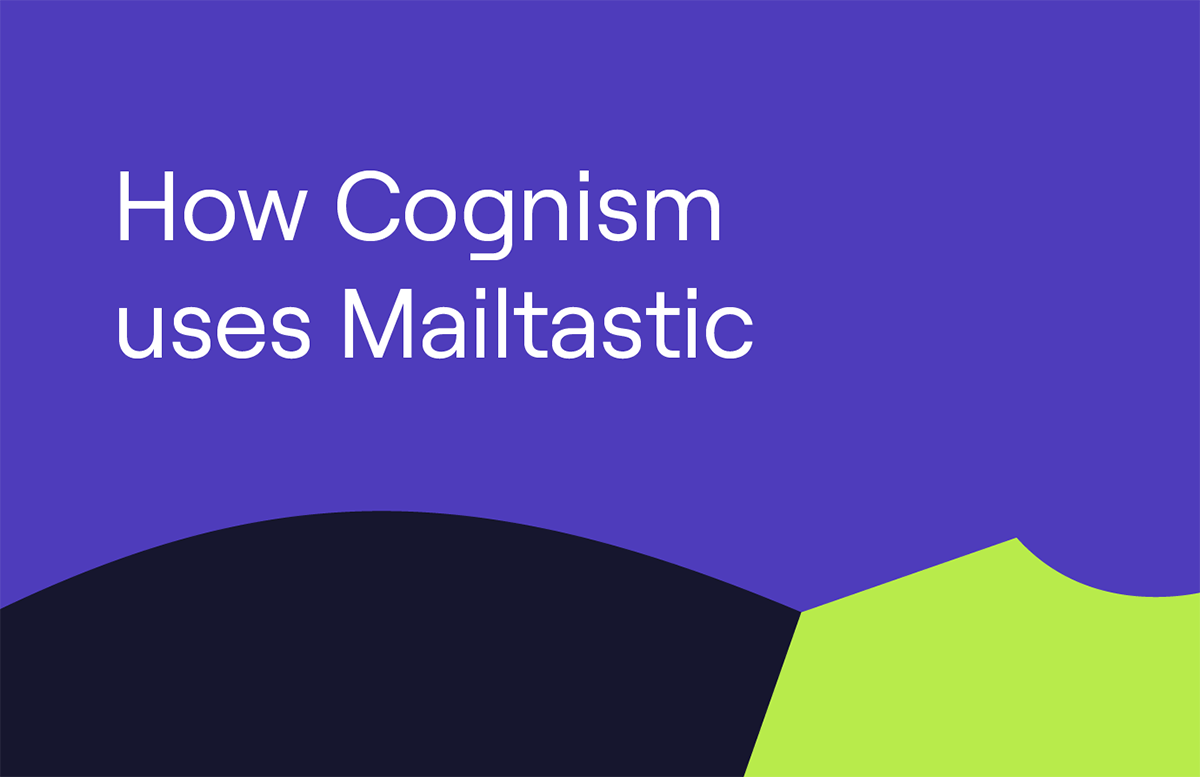
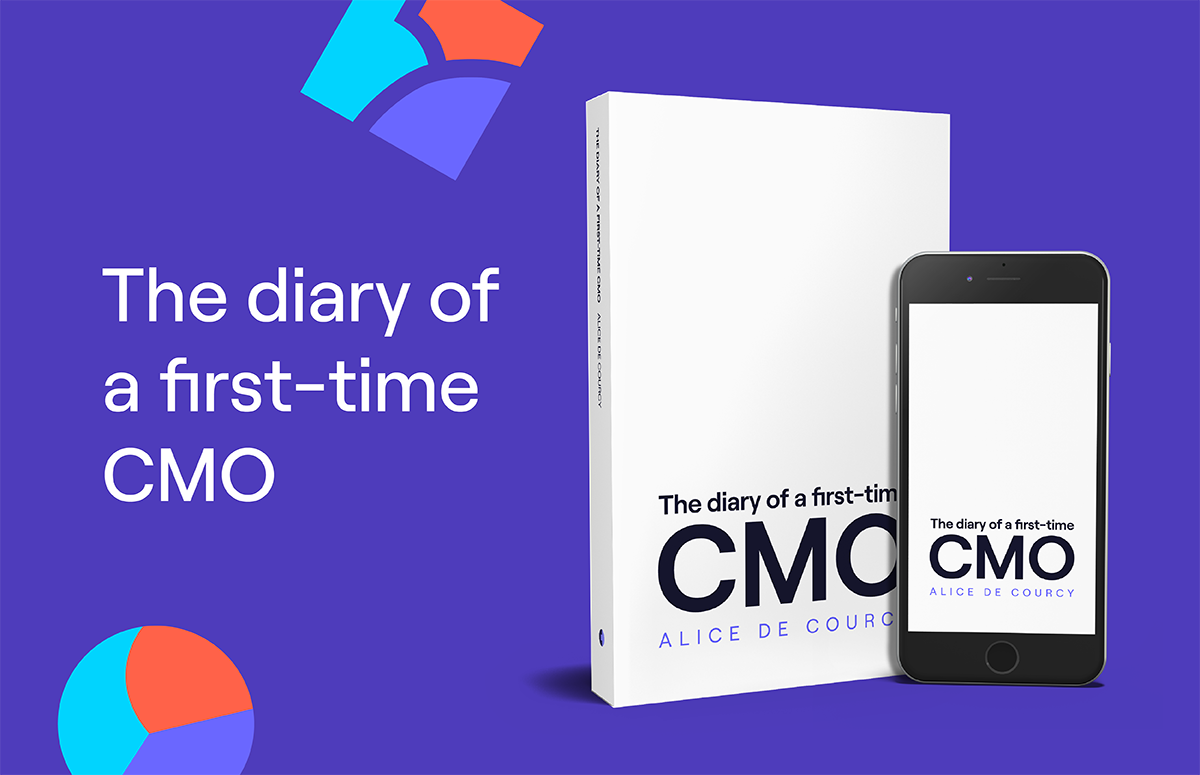
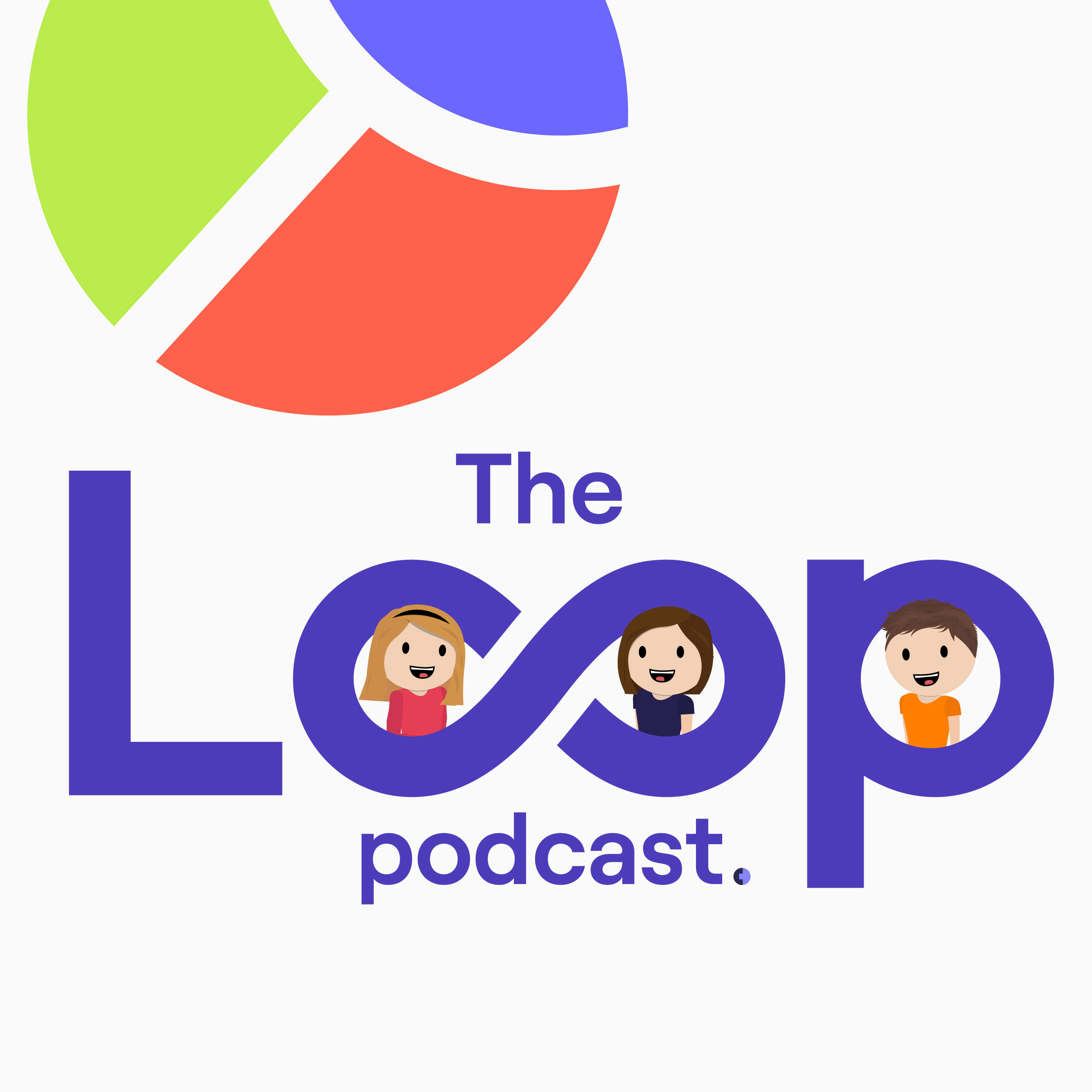

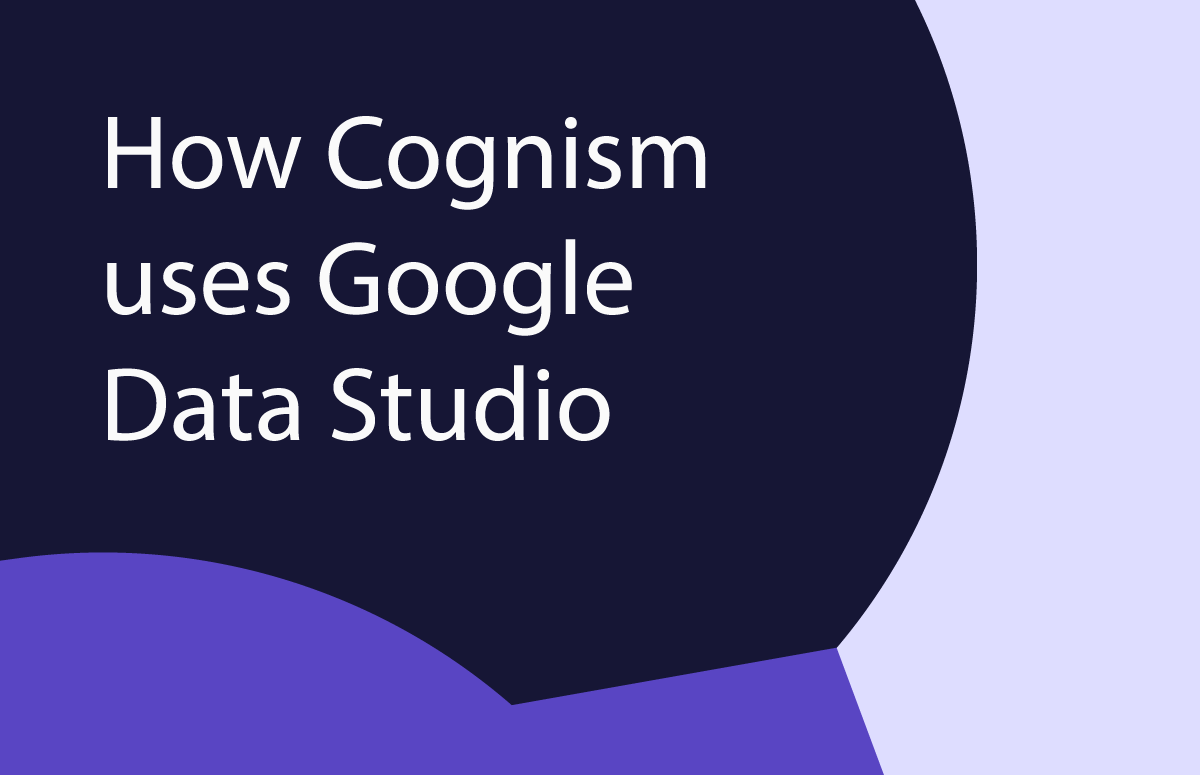
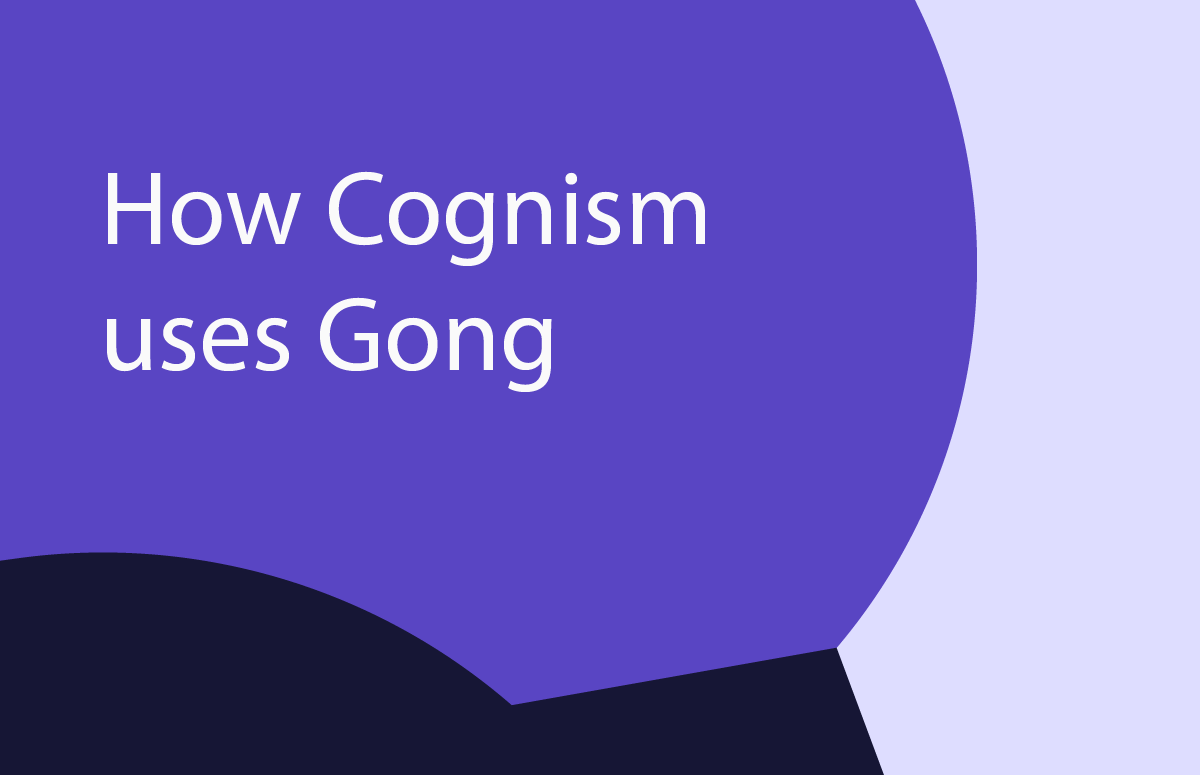
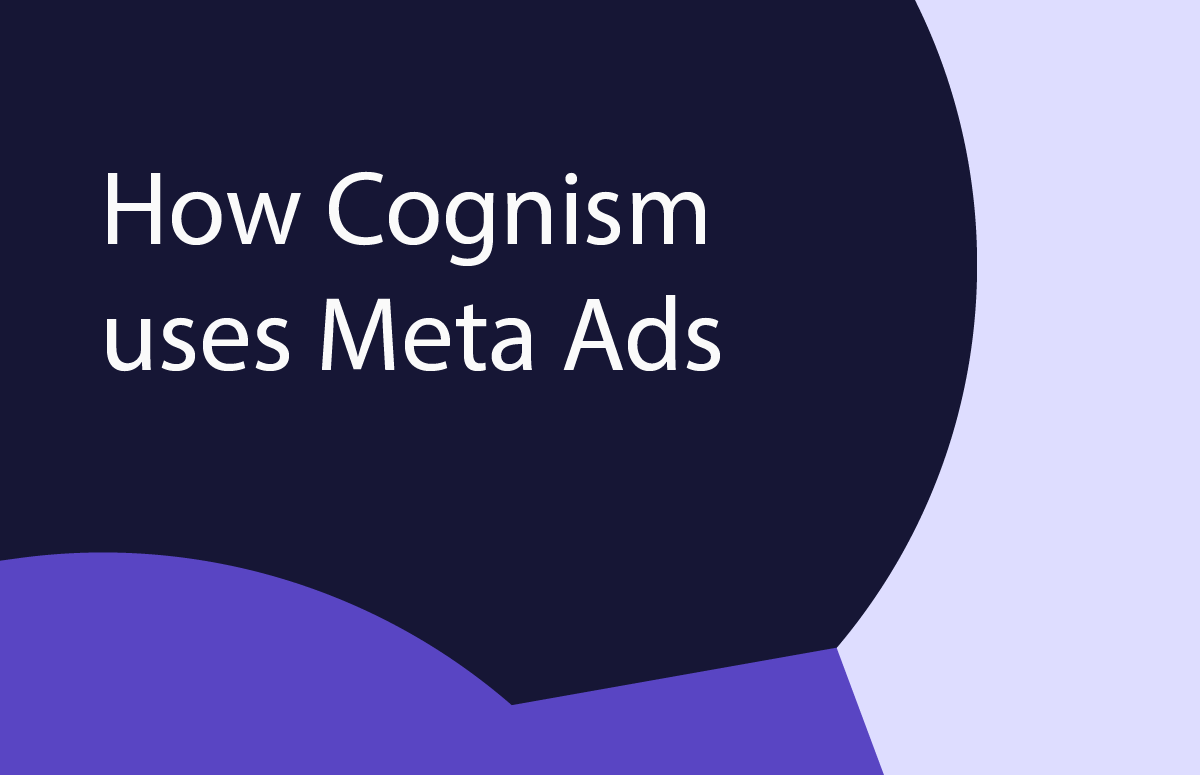
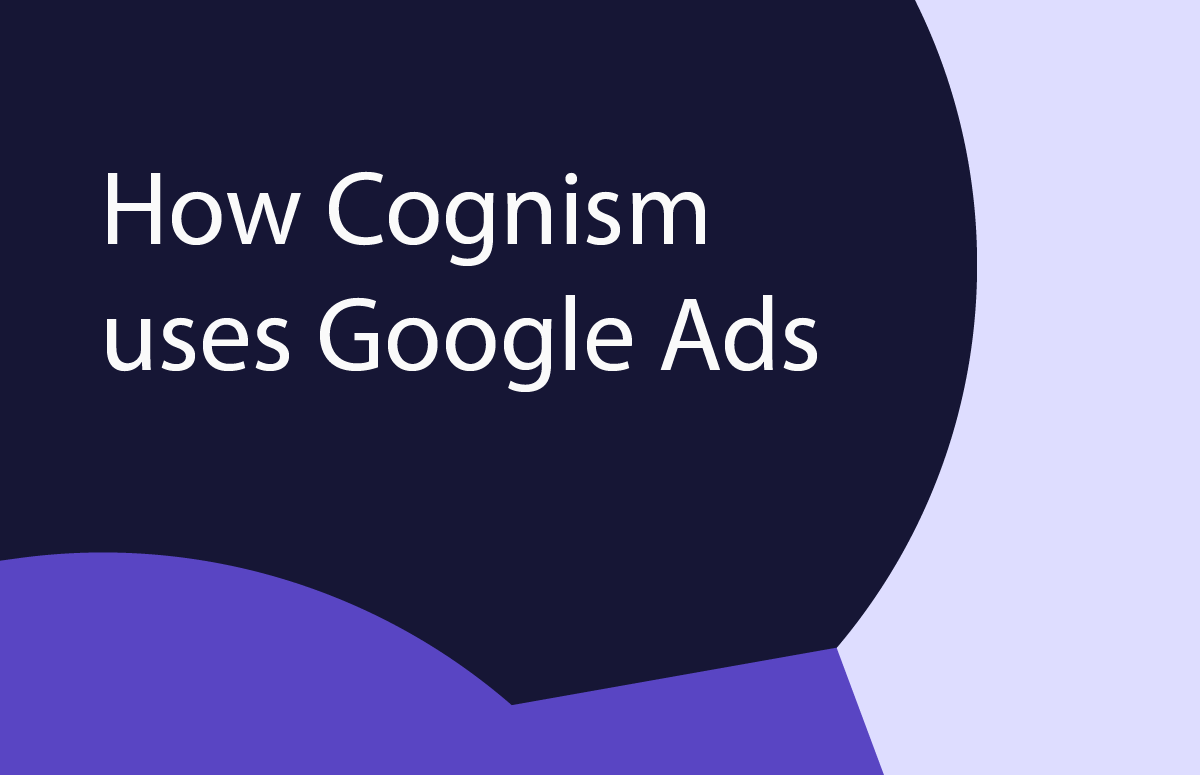
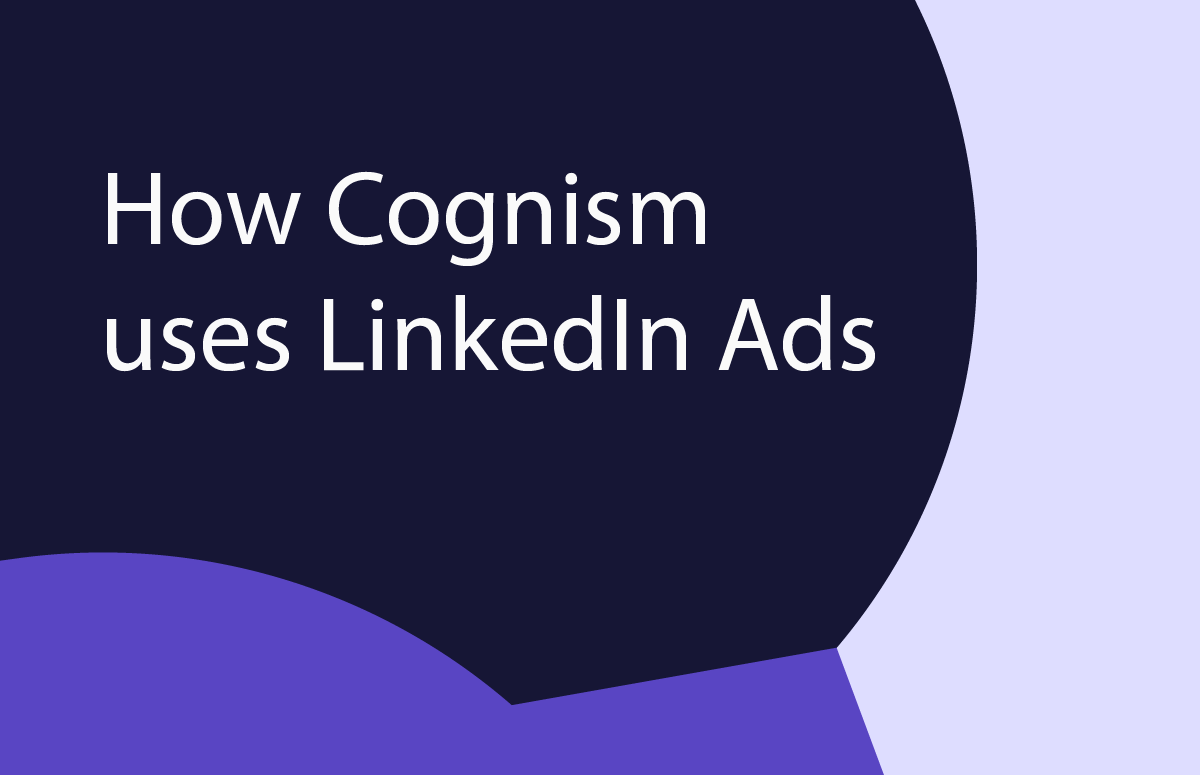
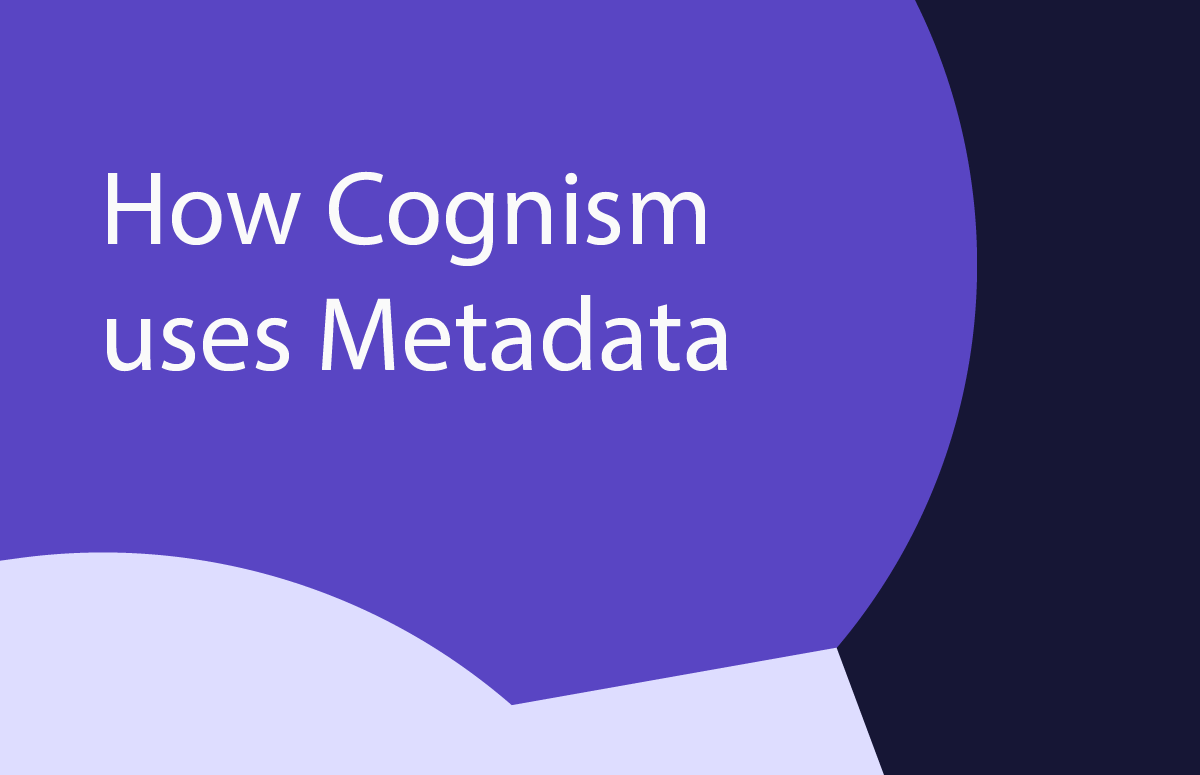
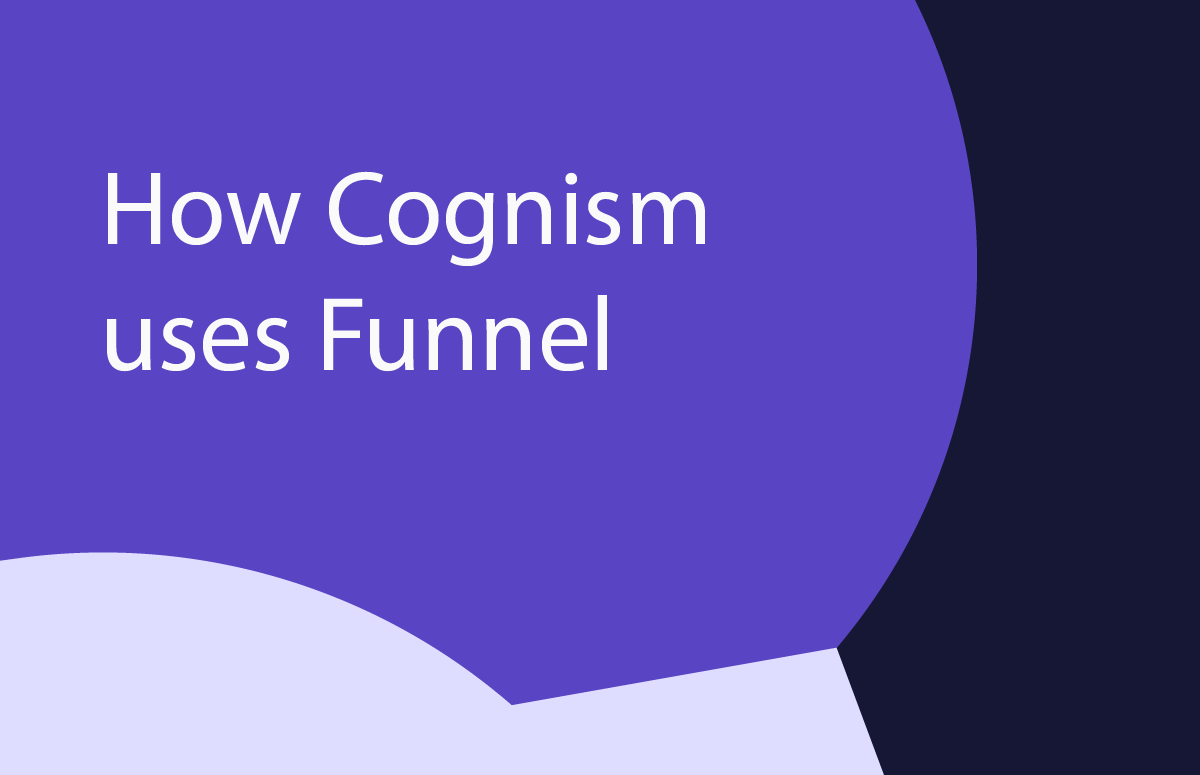
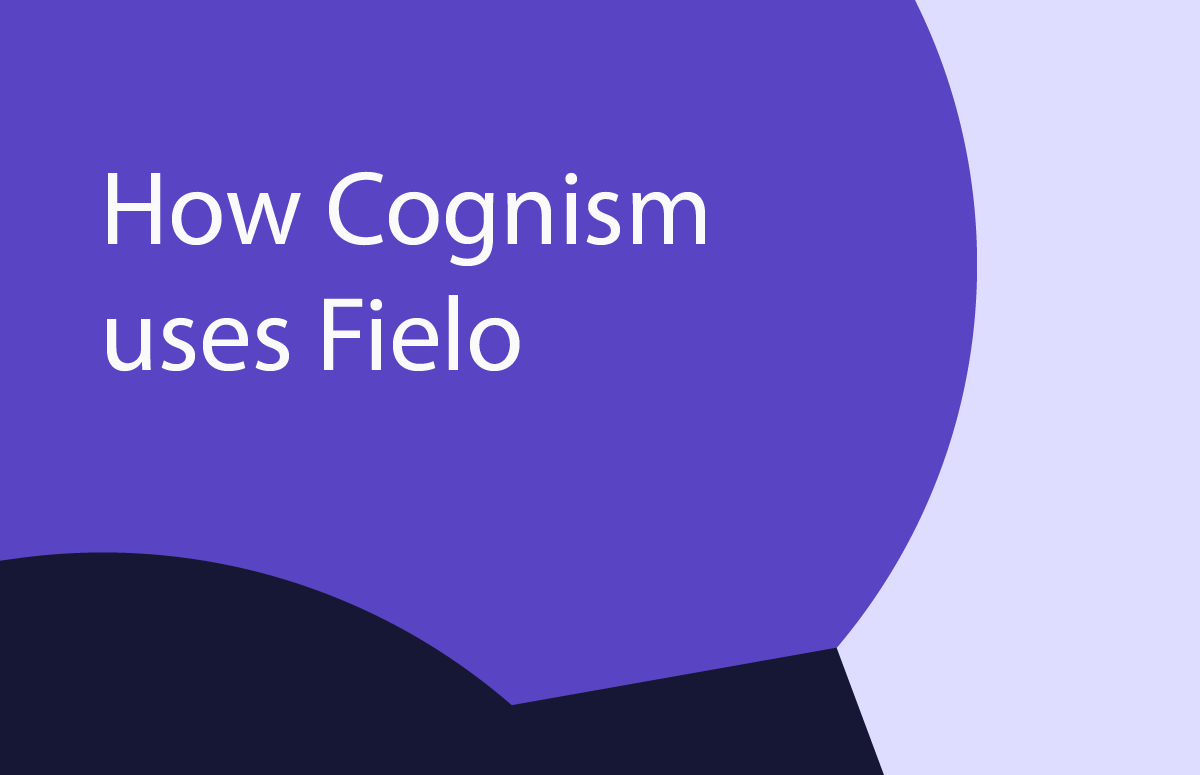
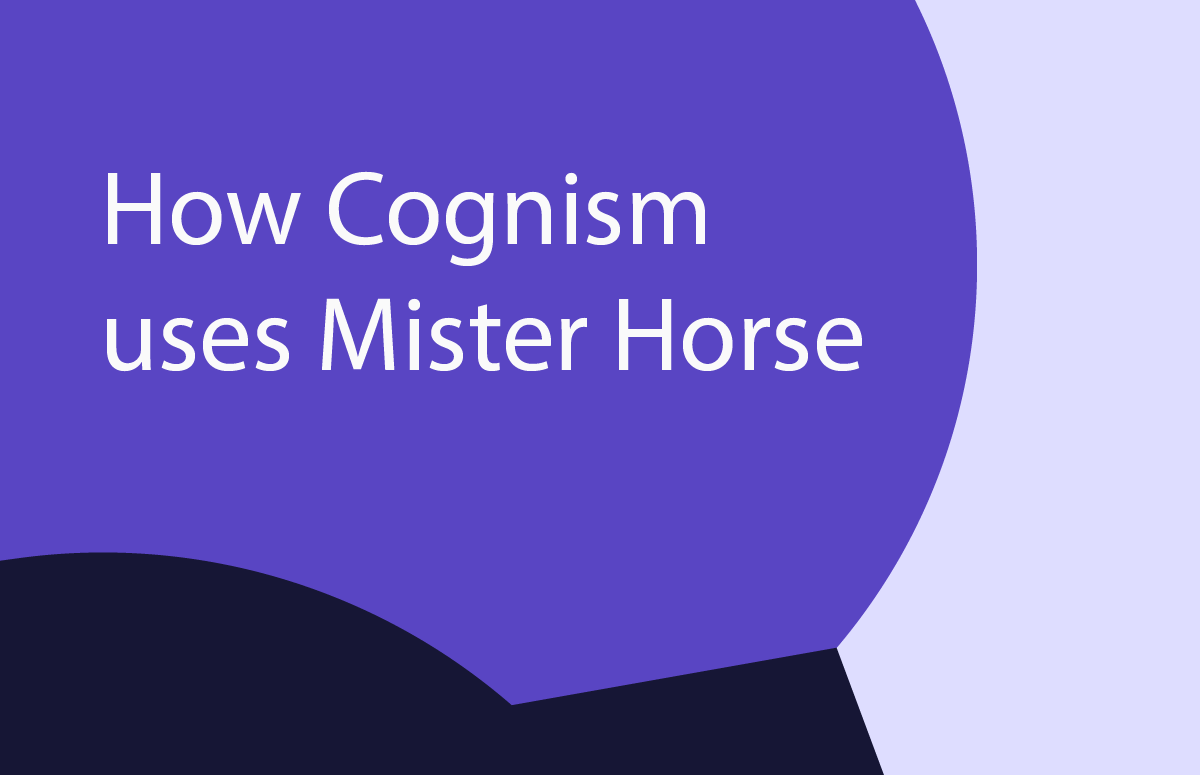
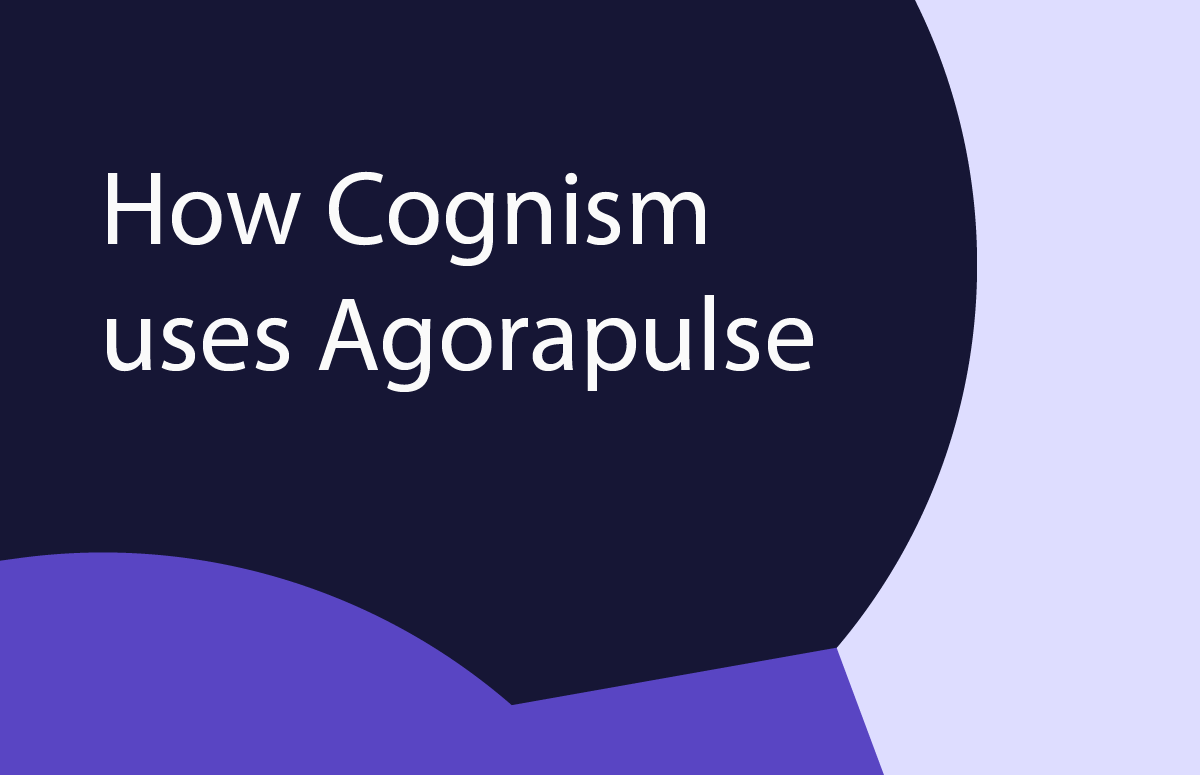
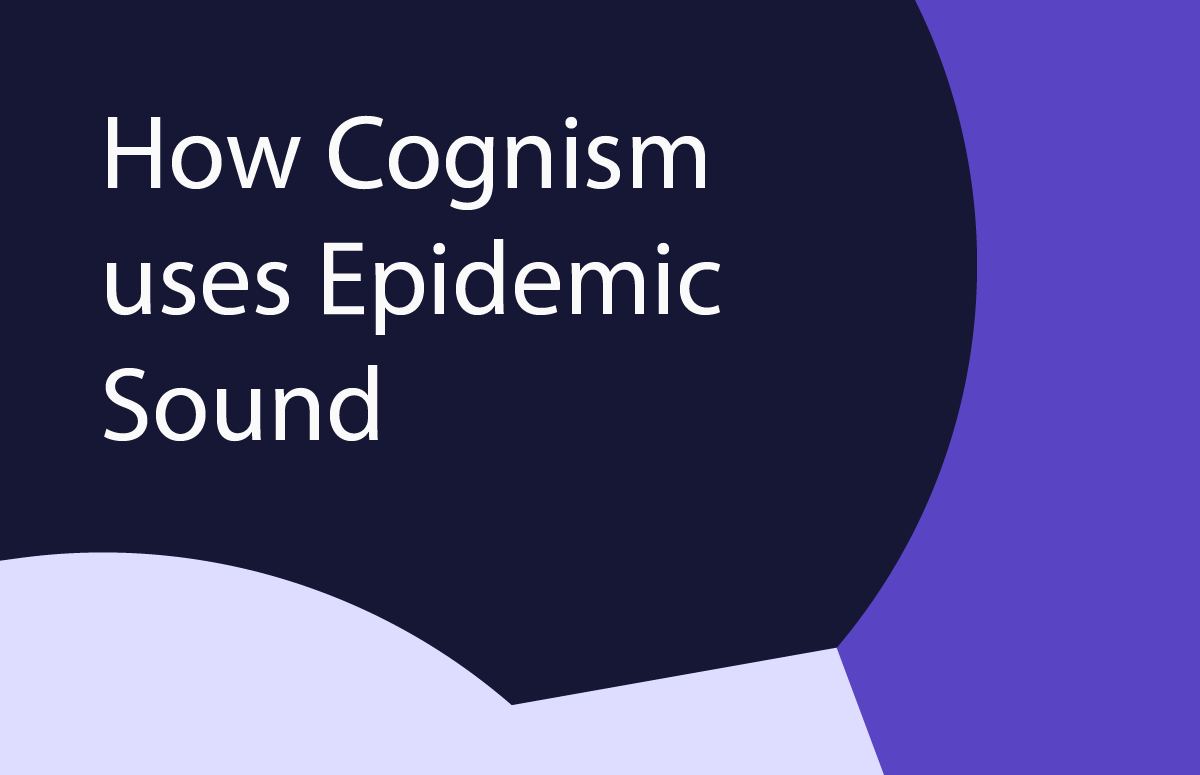
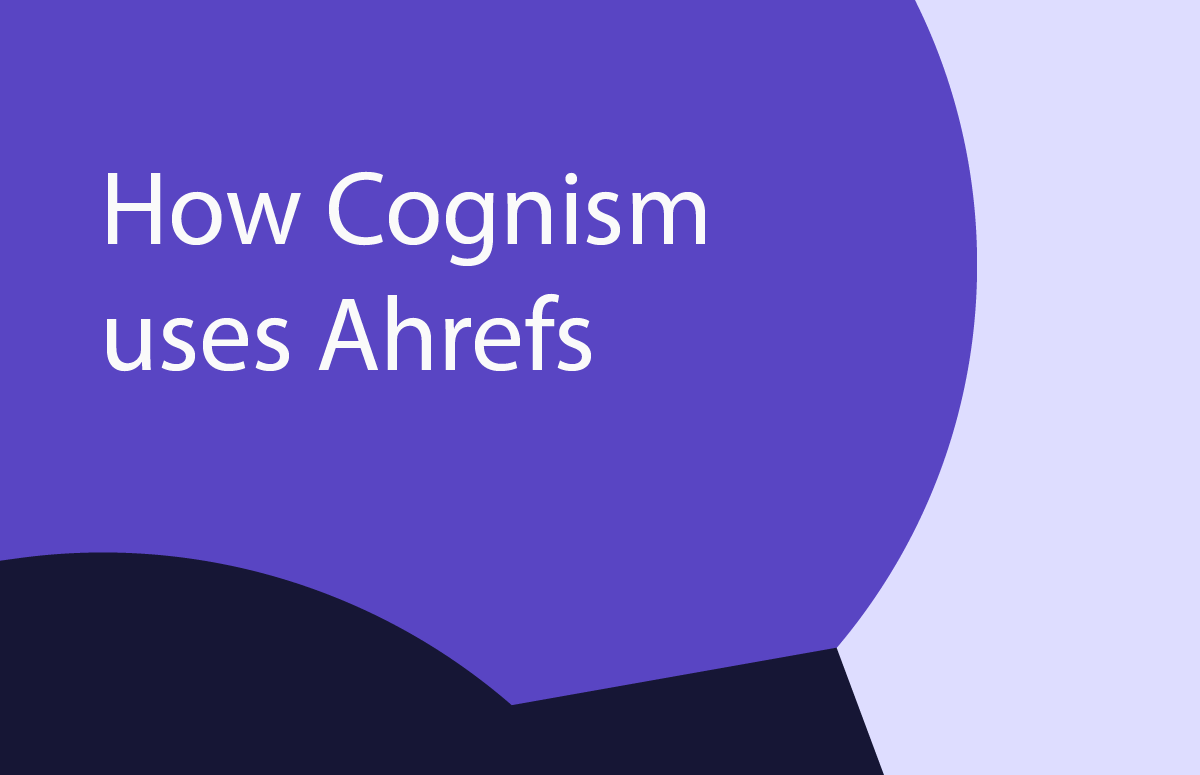
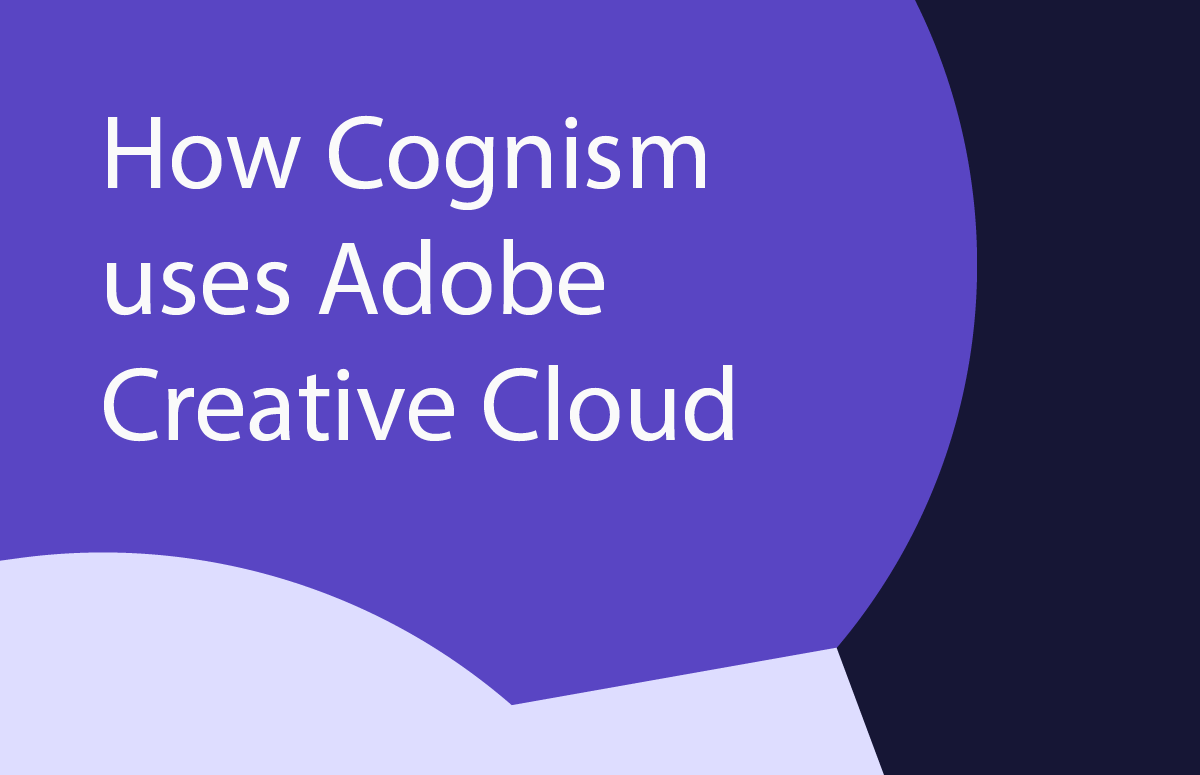
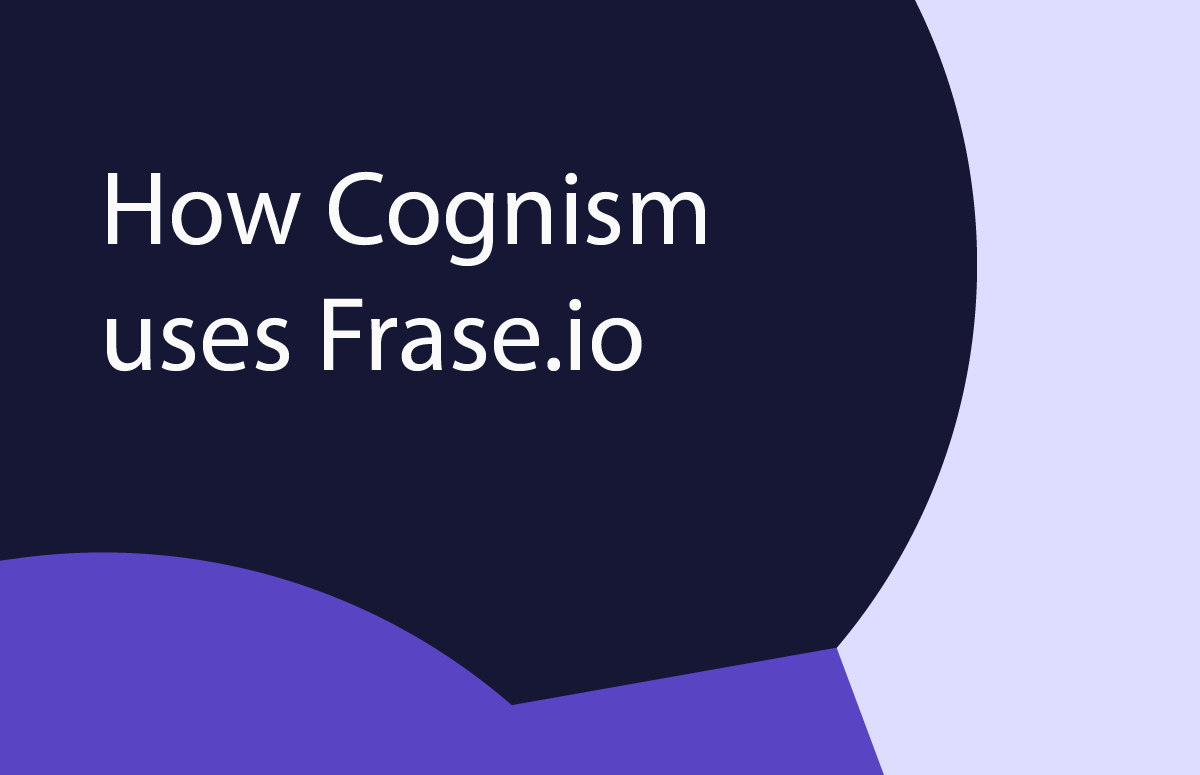
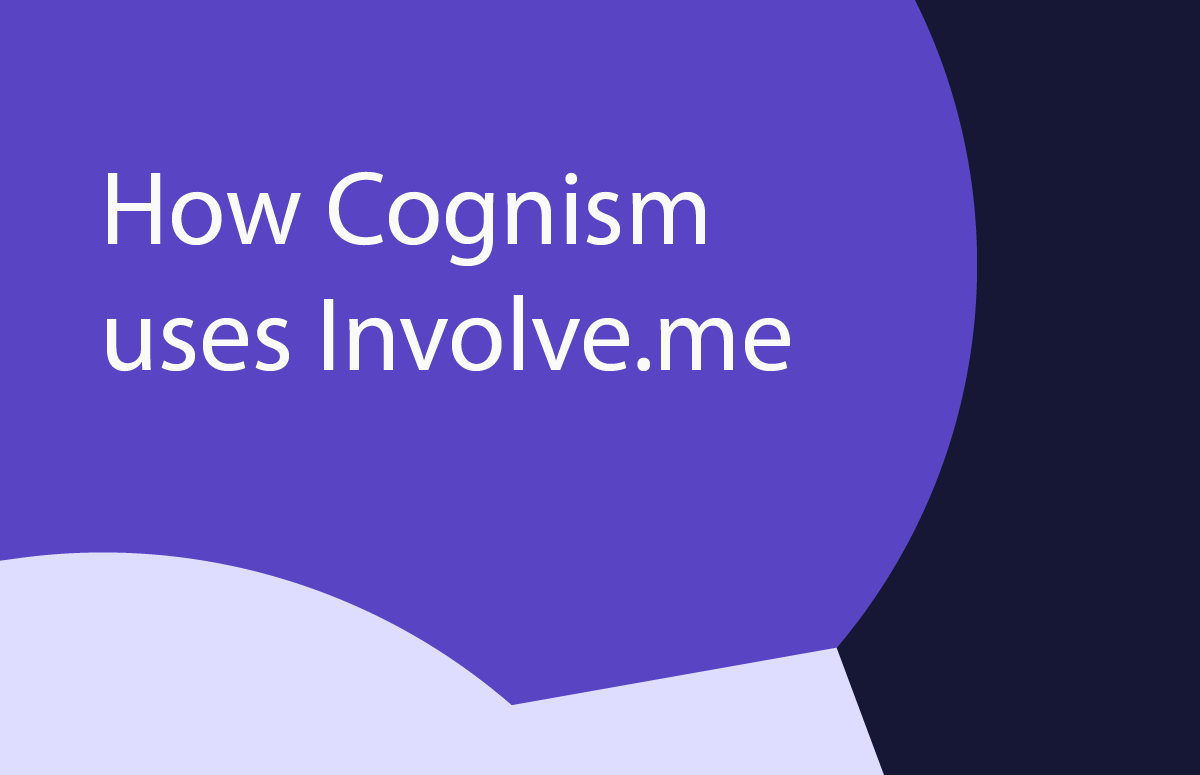
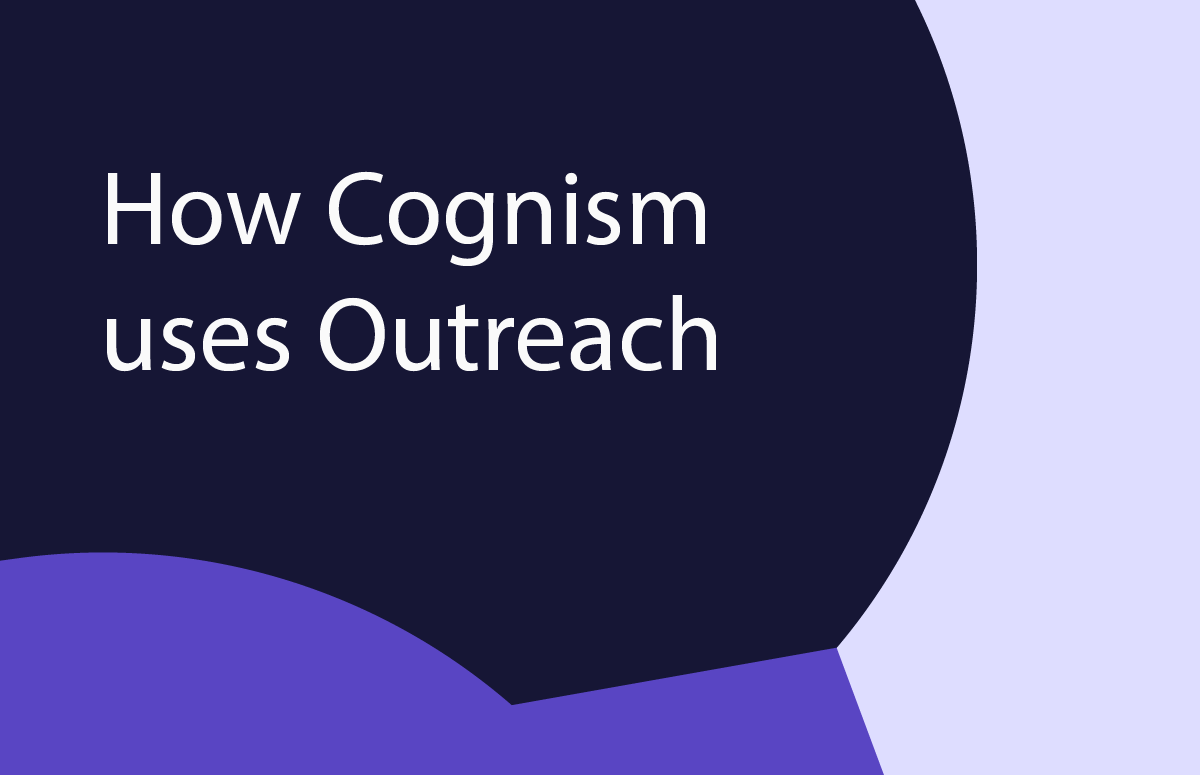
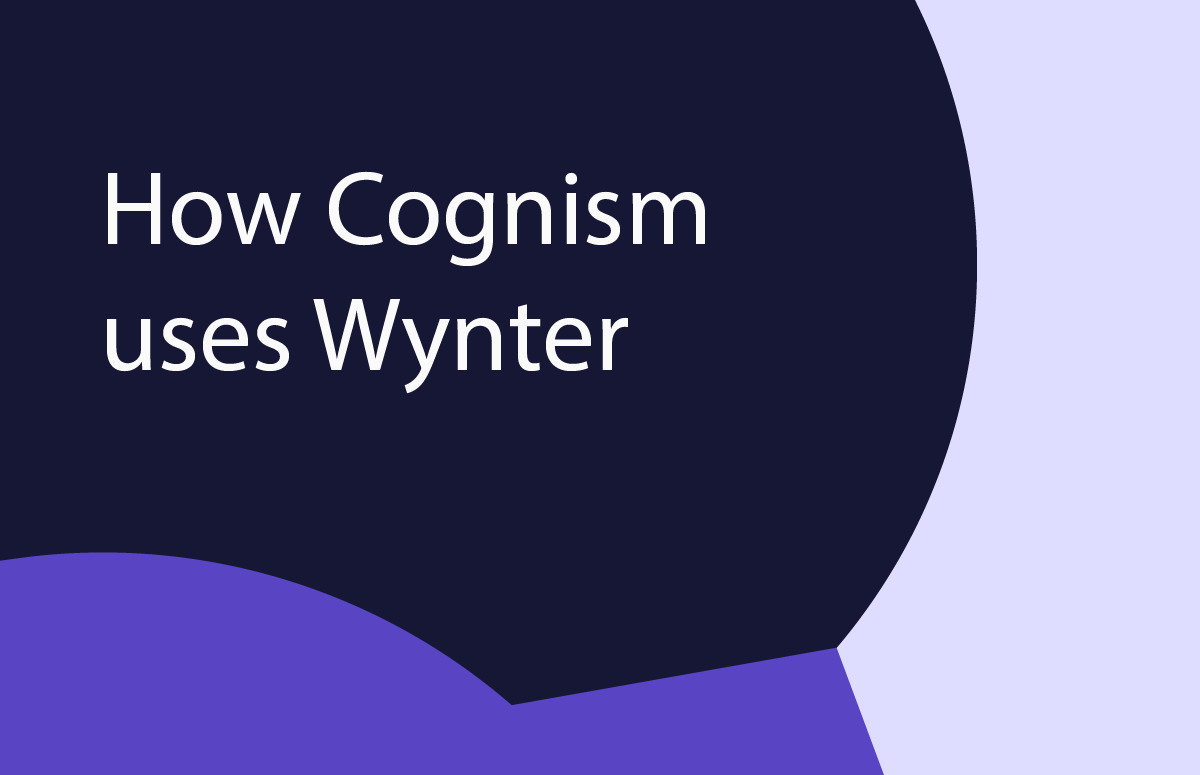
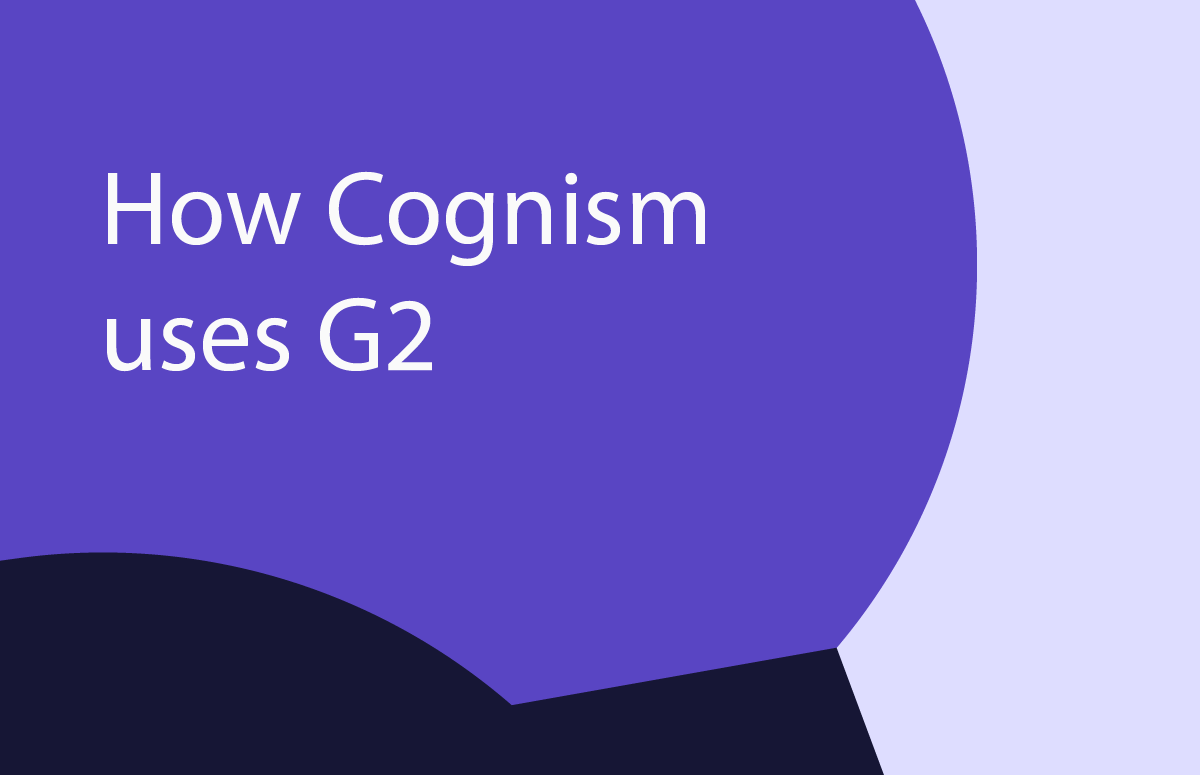

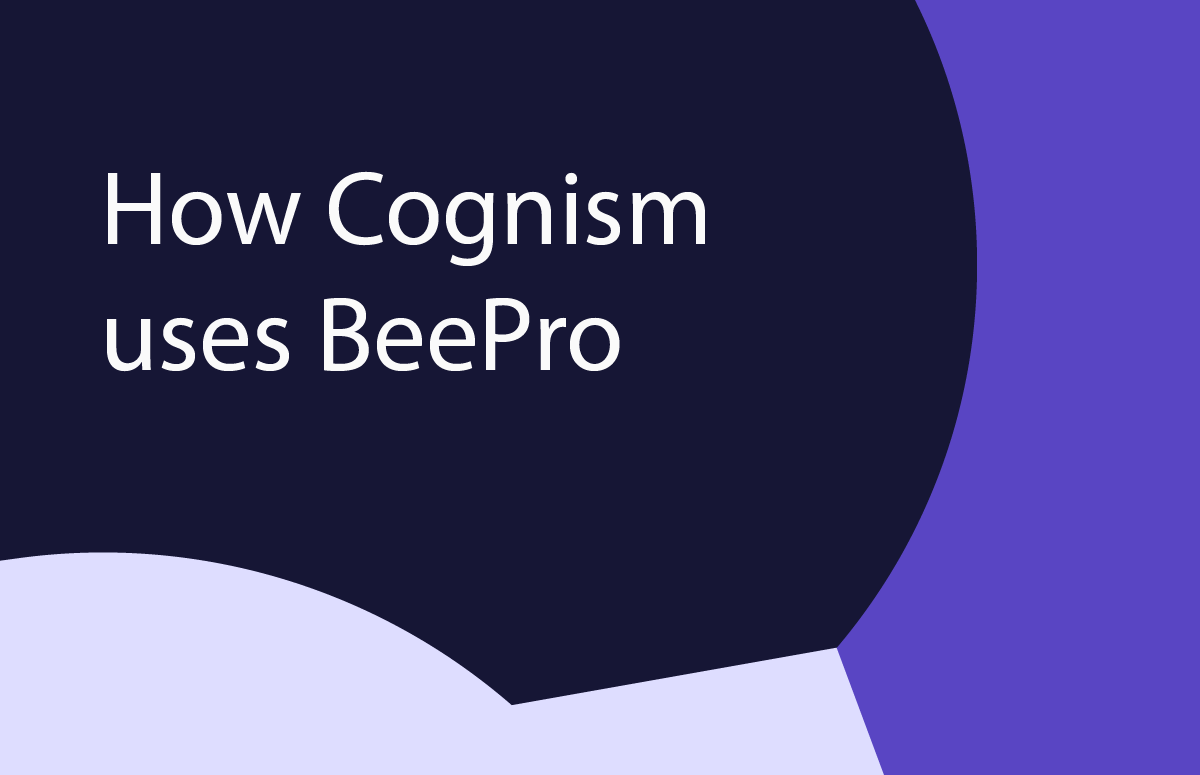
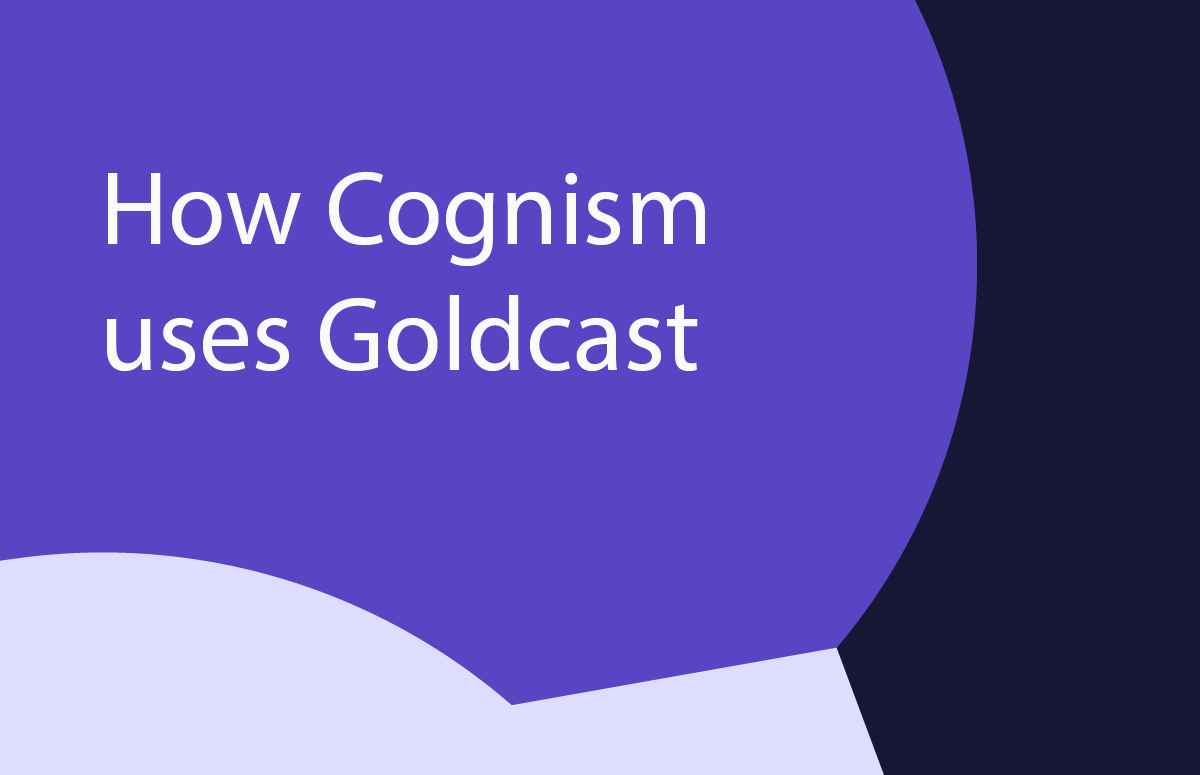
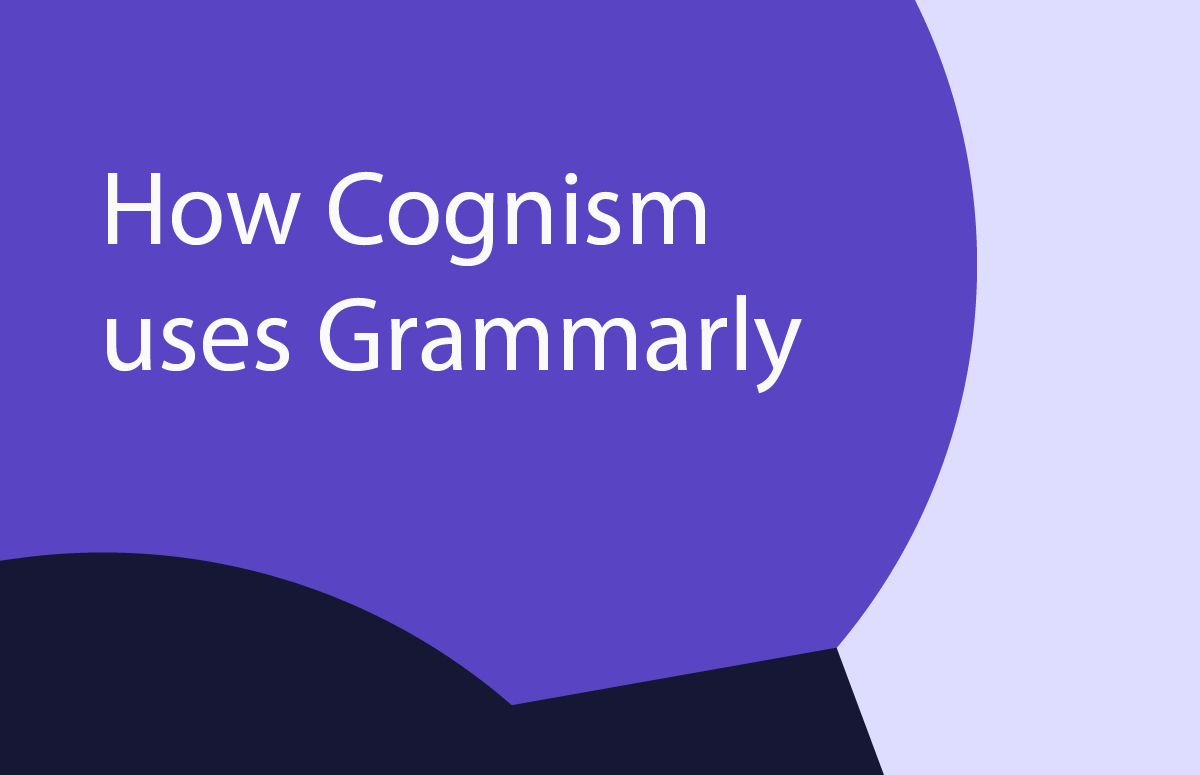
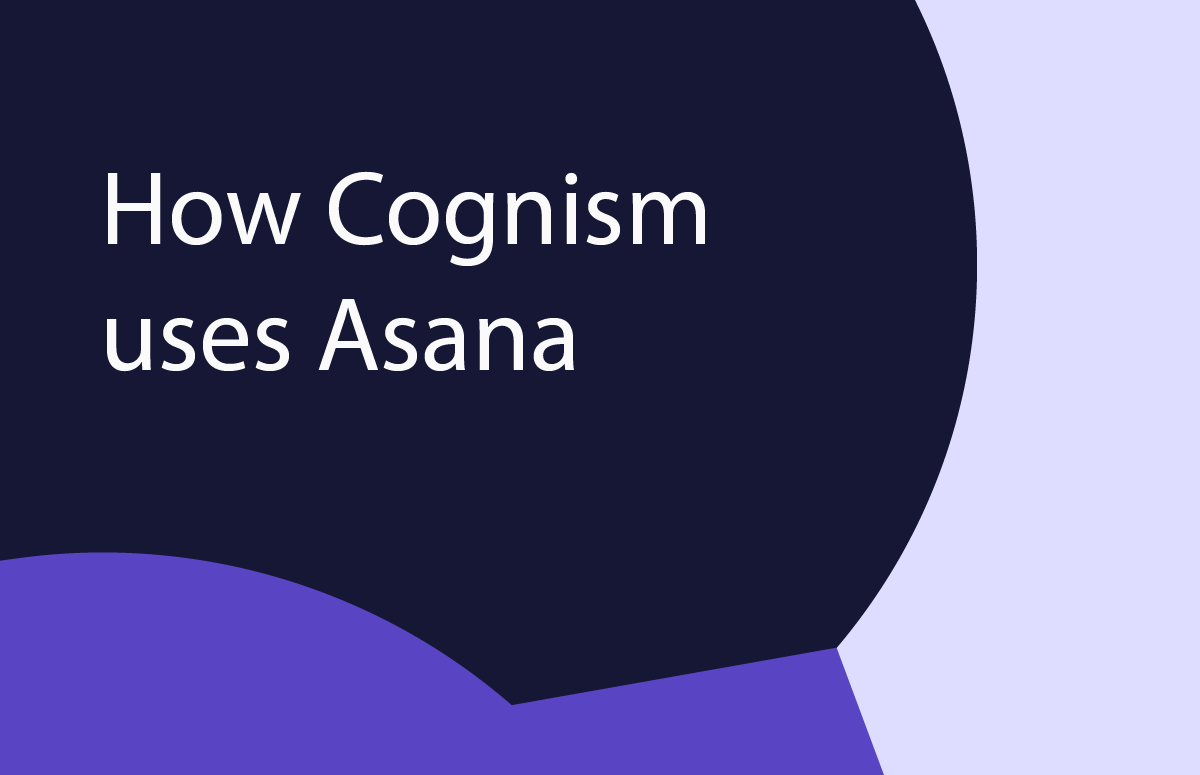
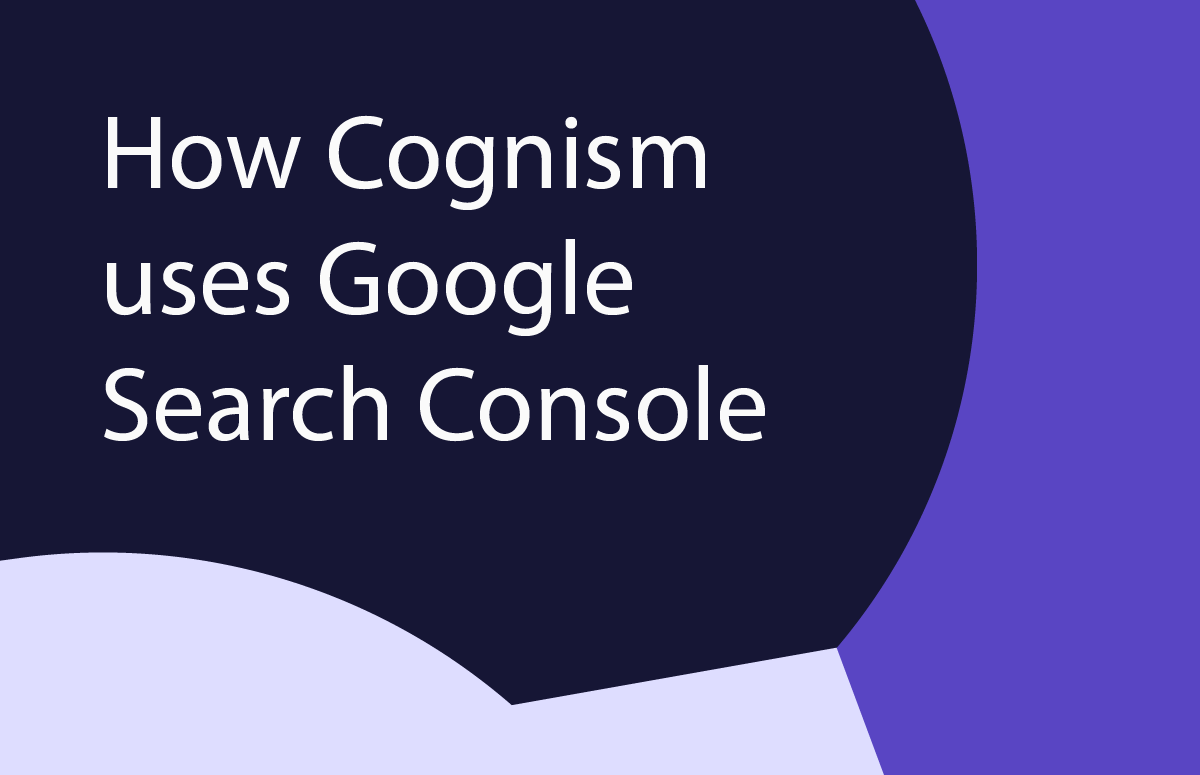
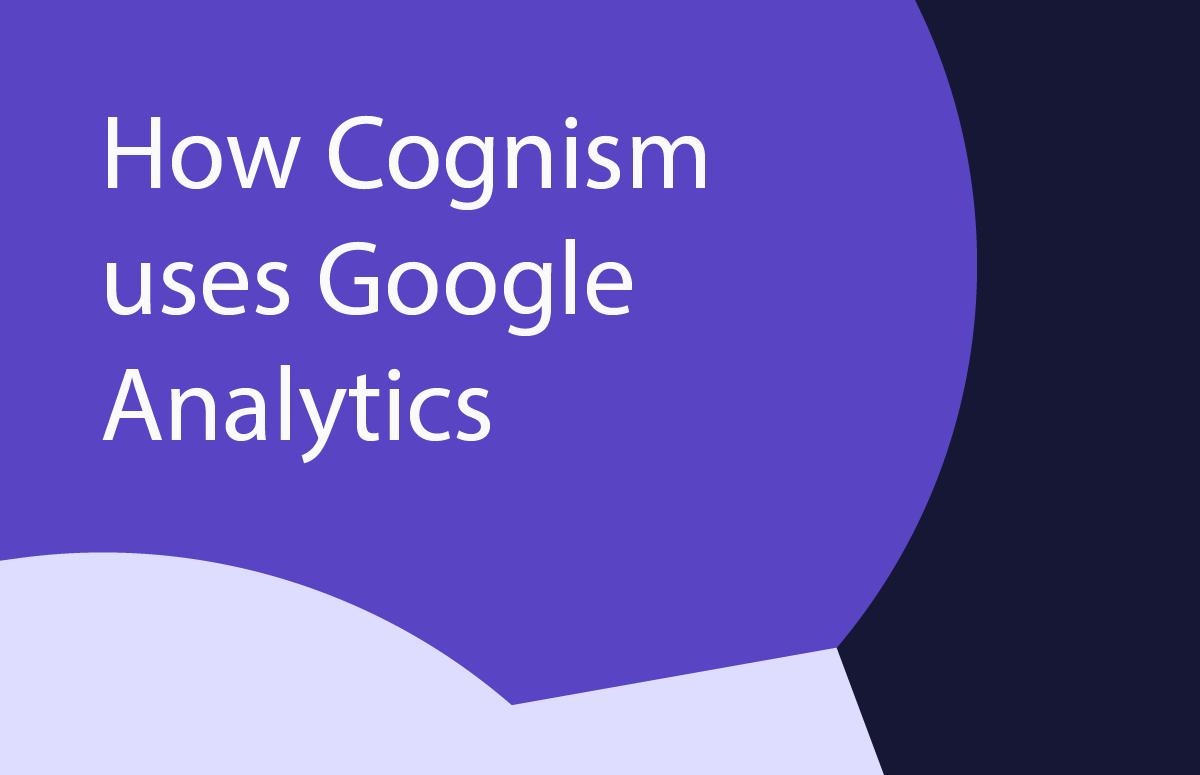
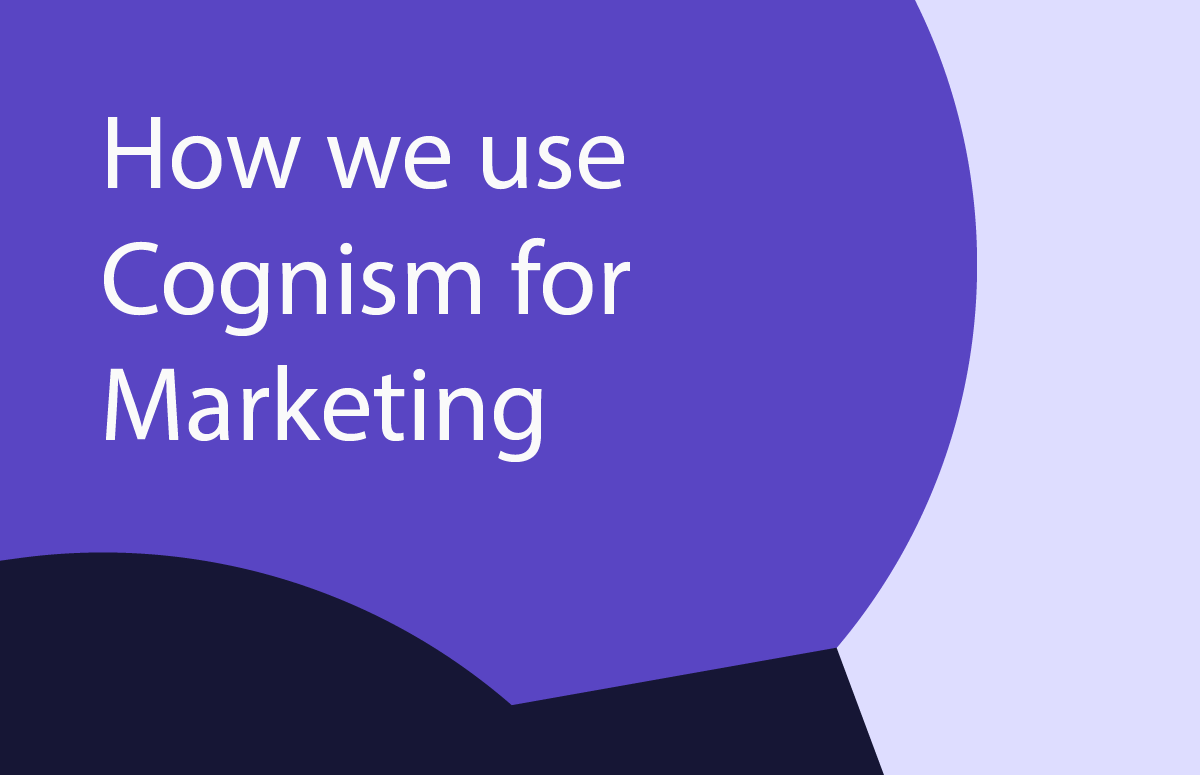
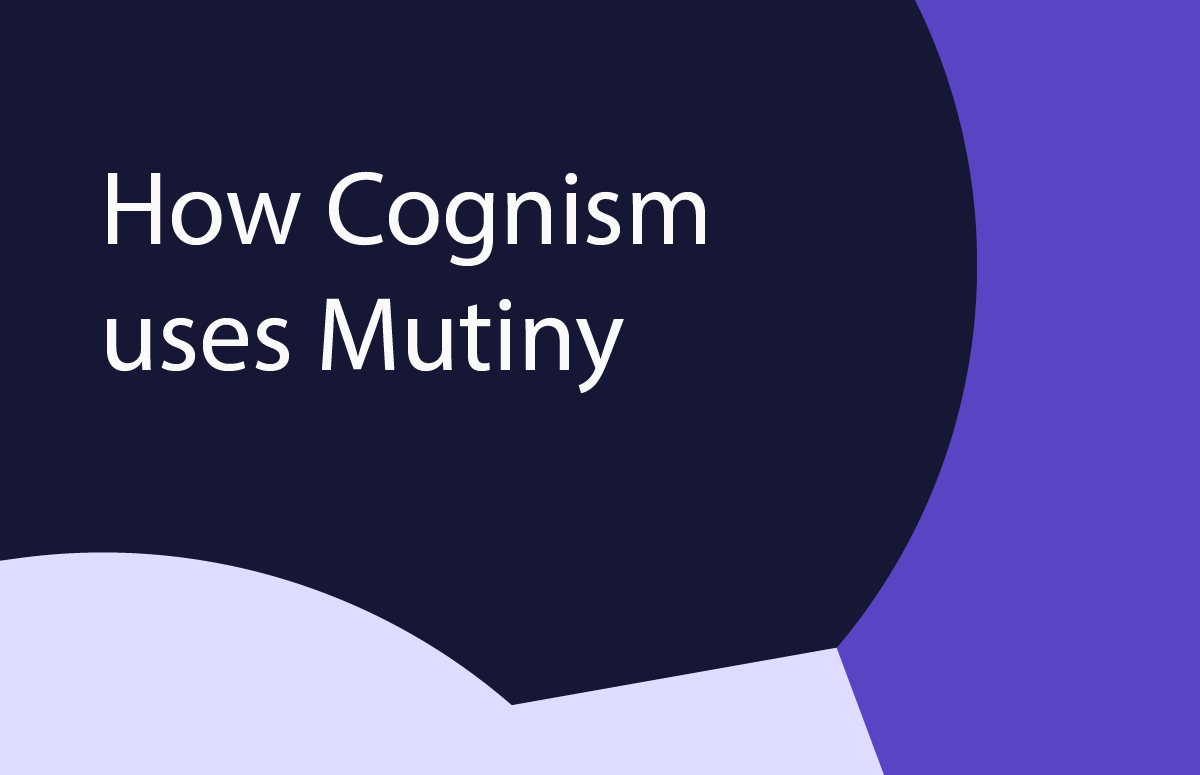
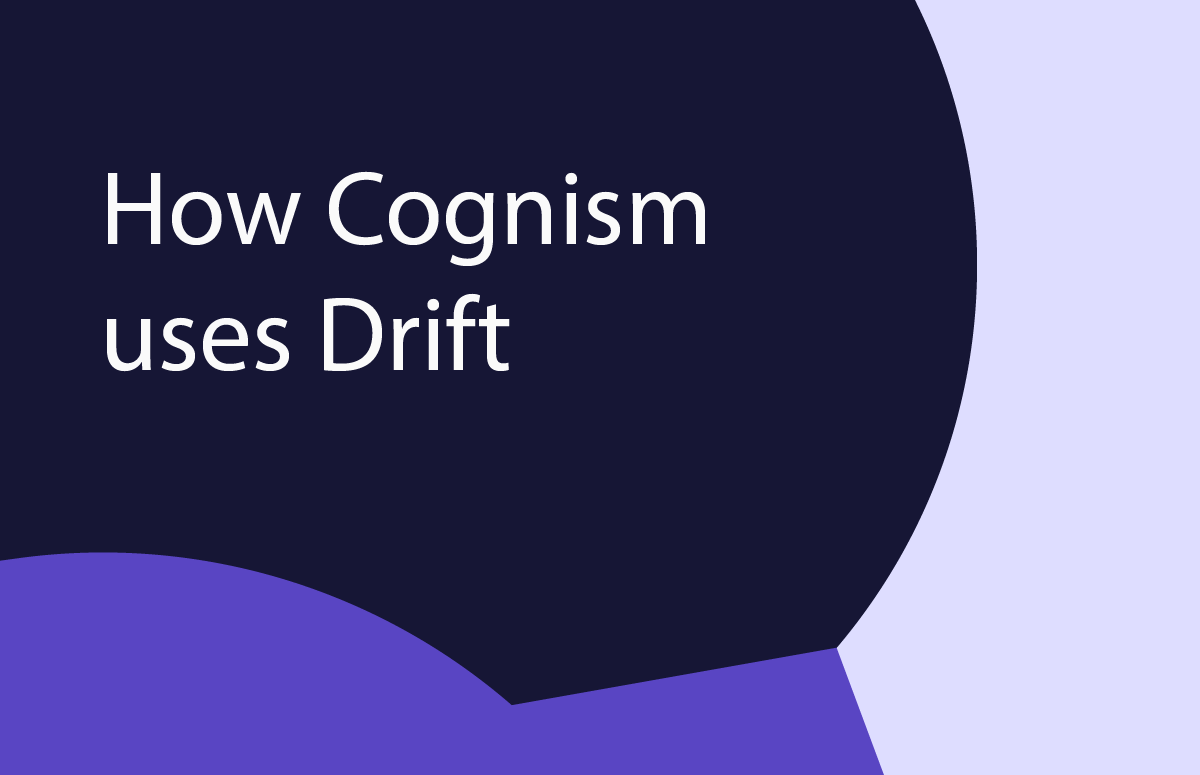
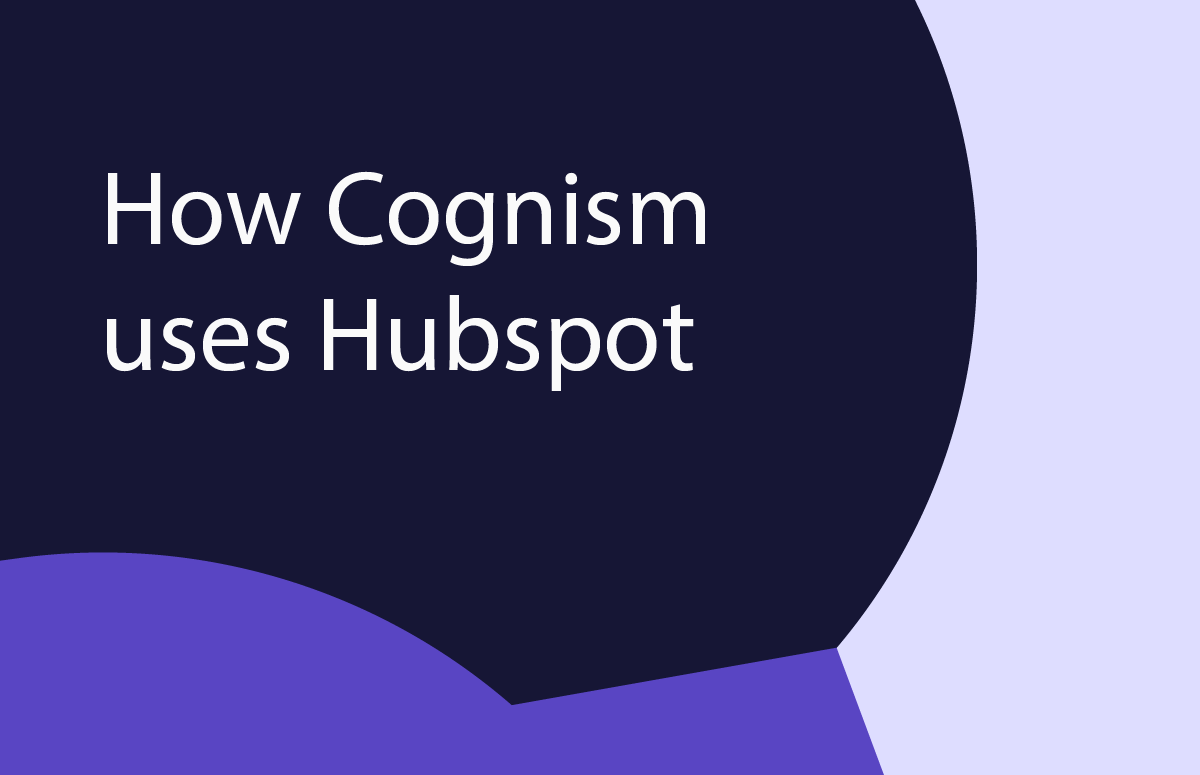


-2.png)
.png)

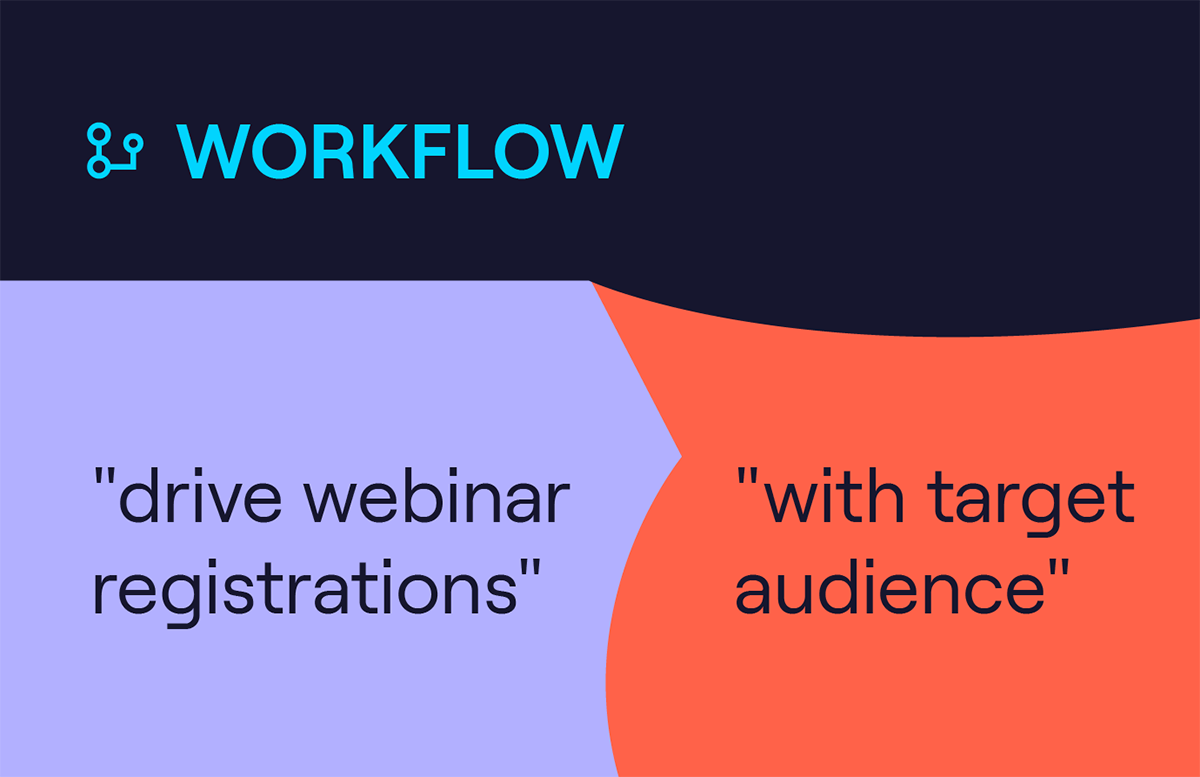
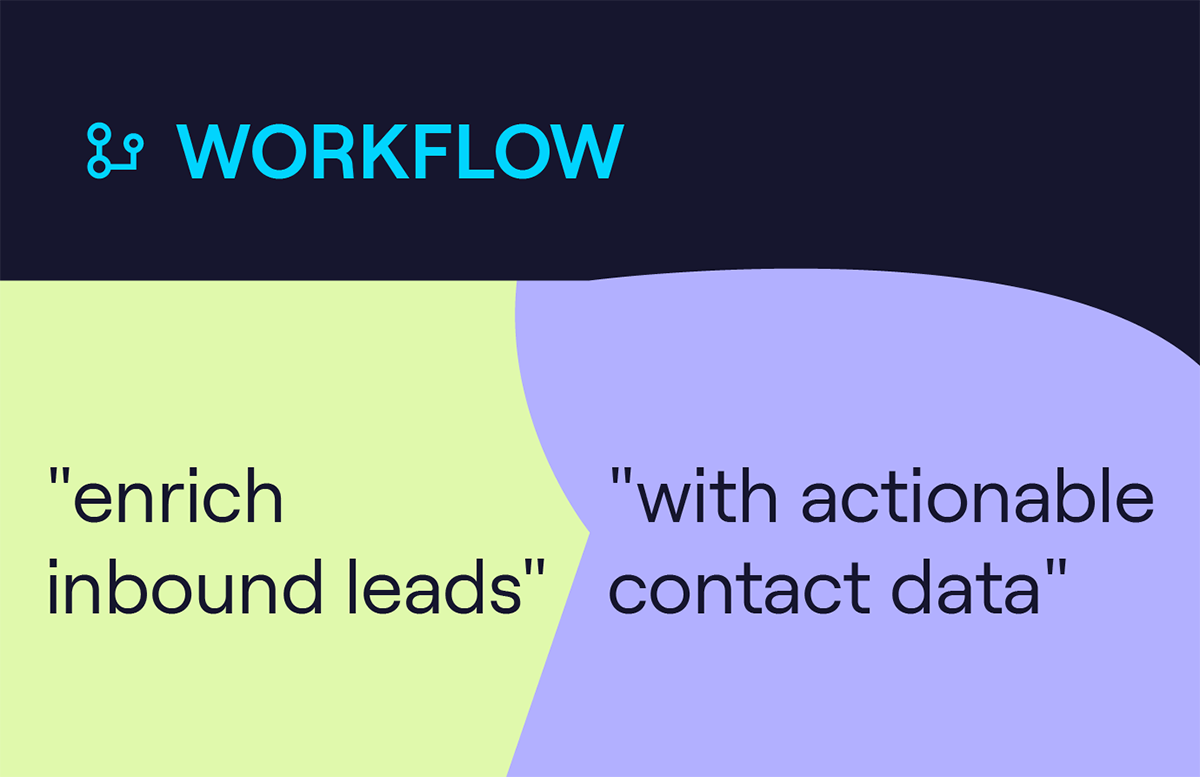
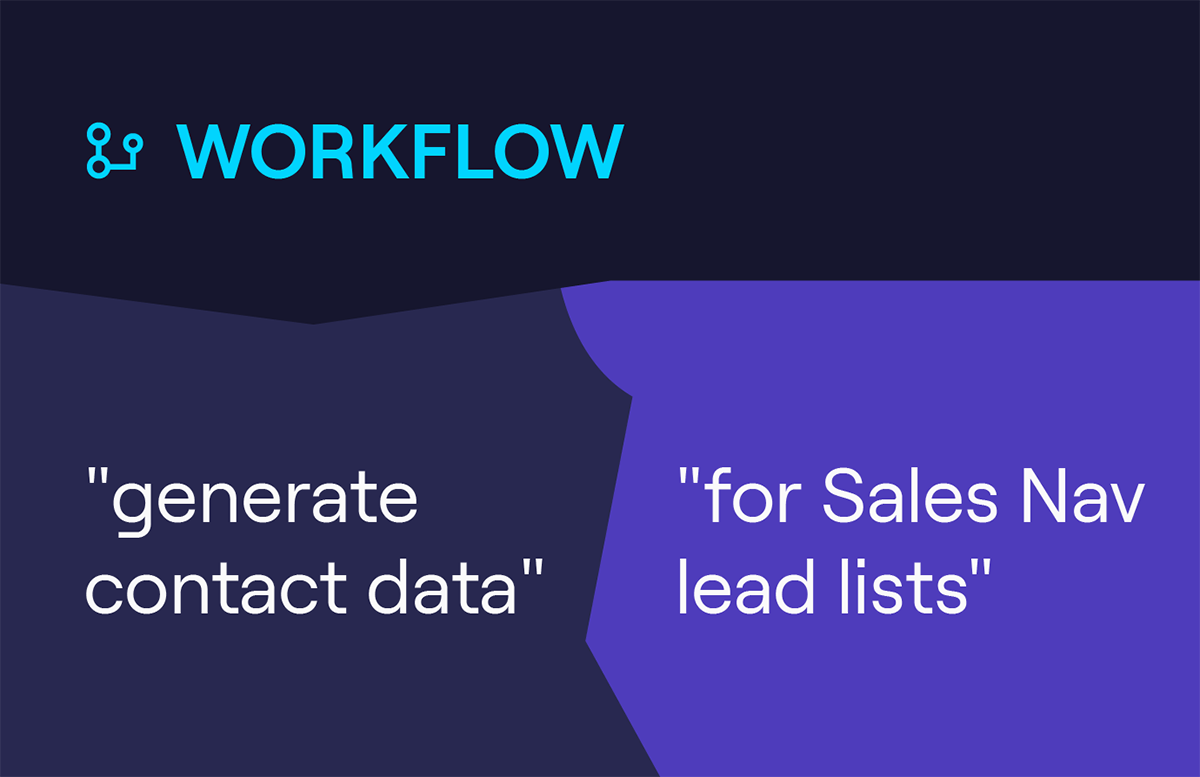
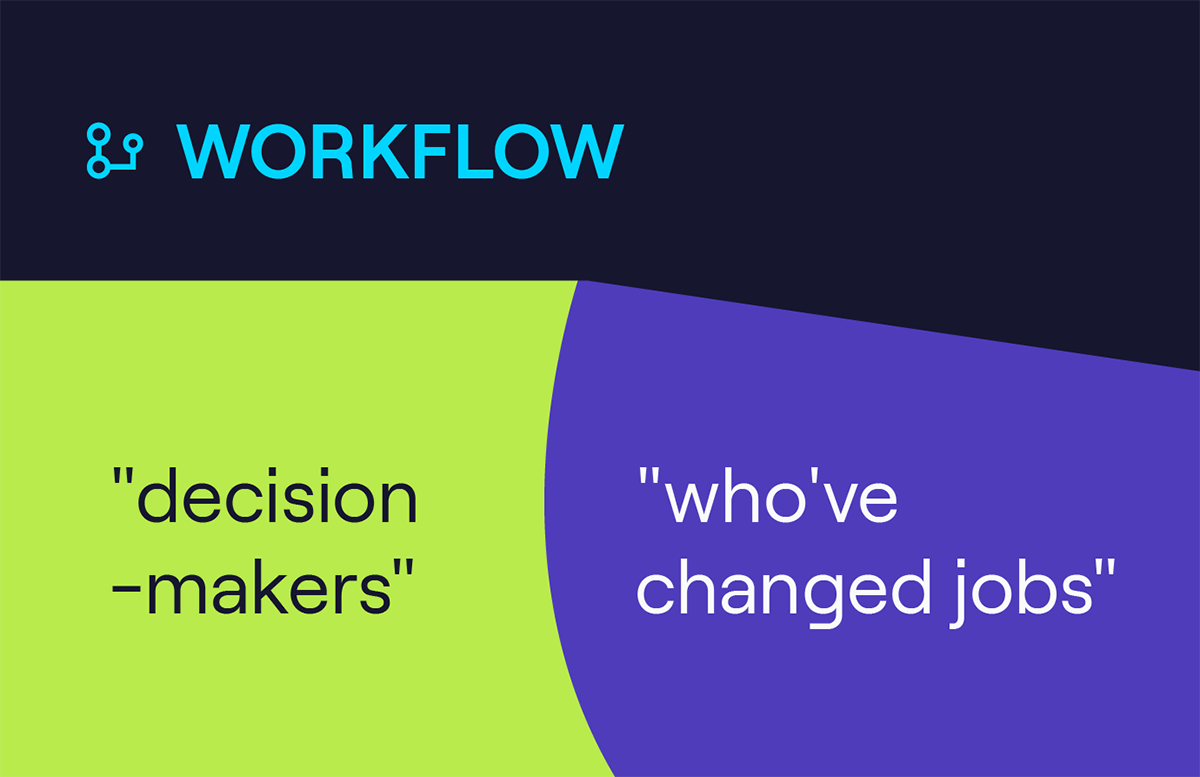
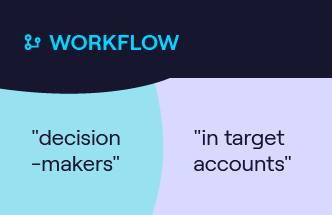
.png)
